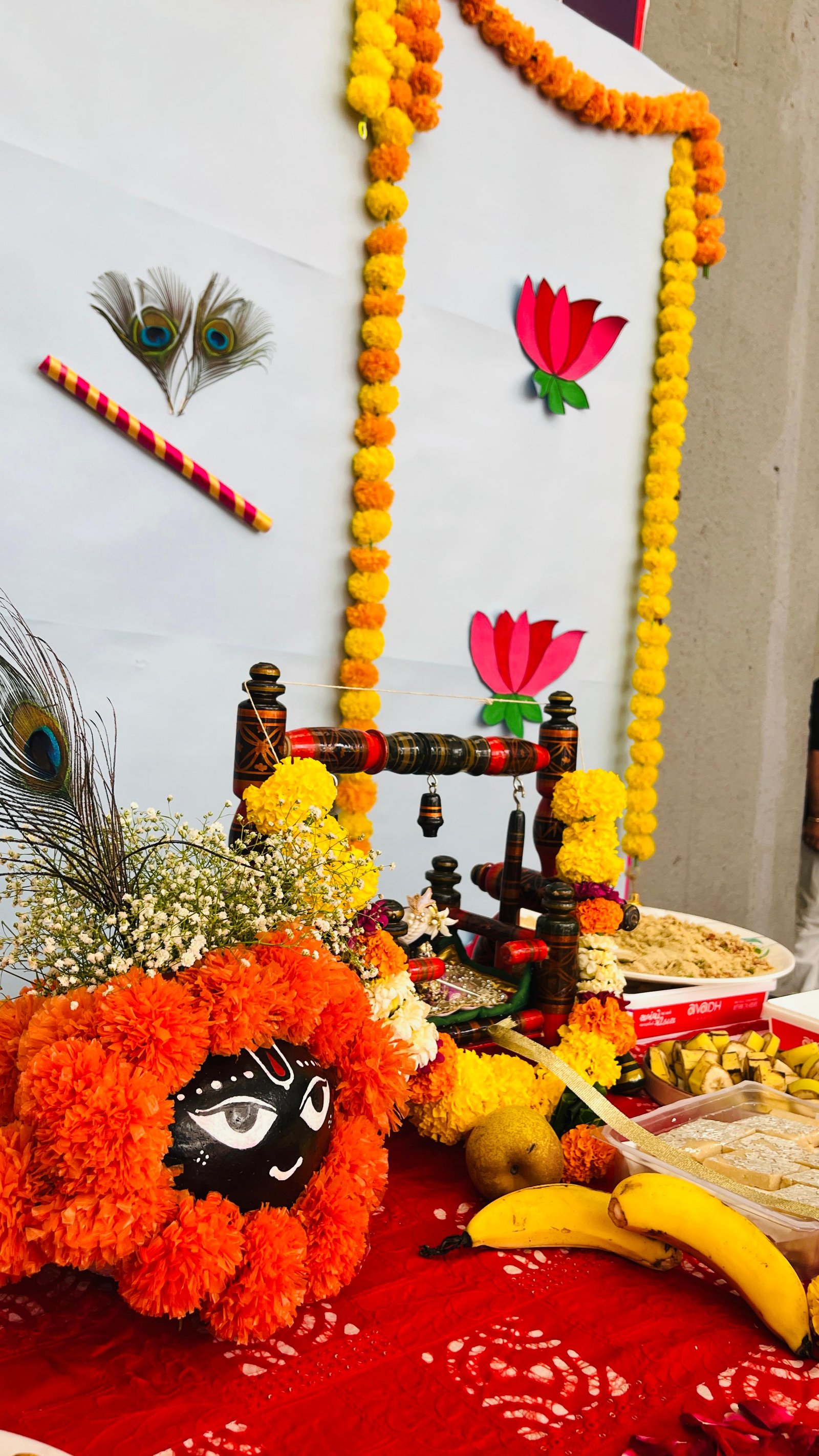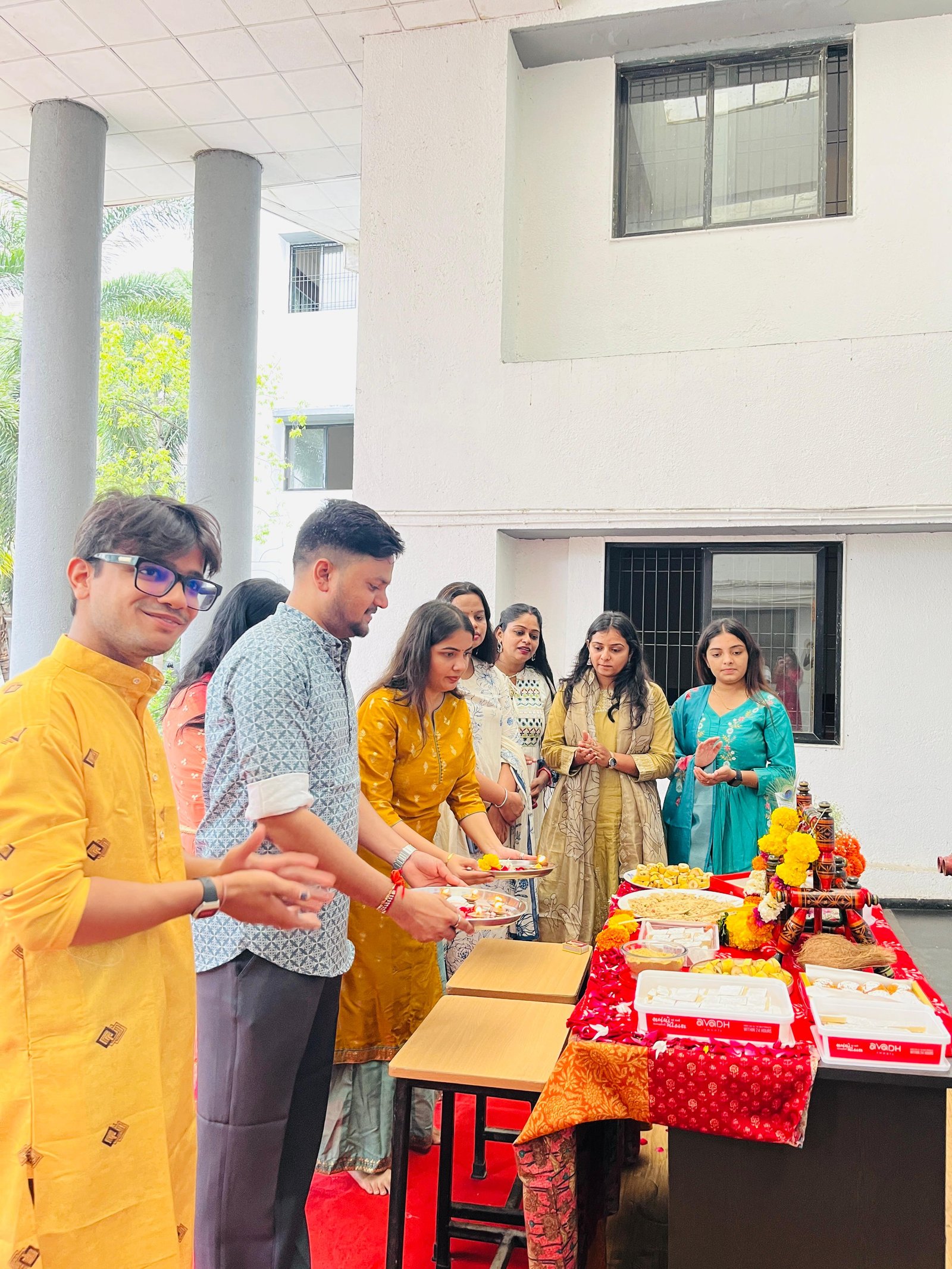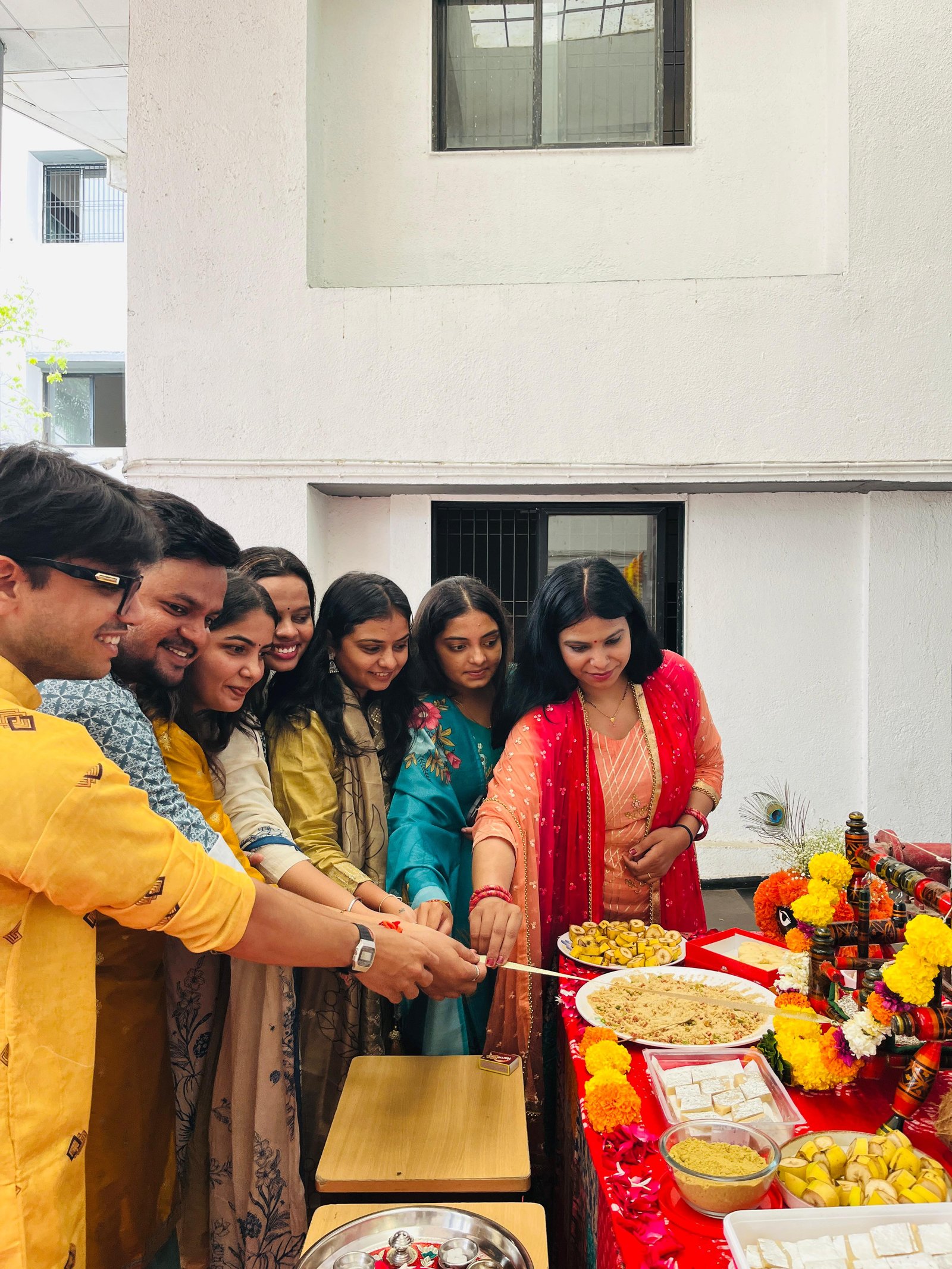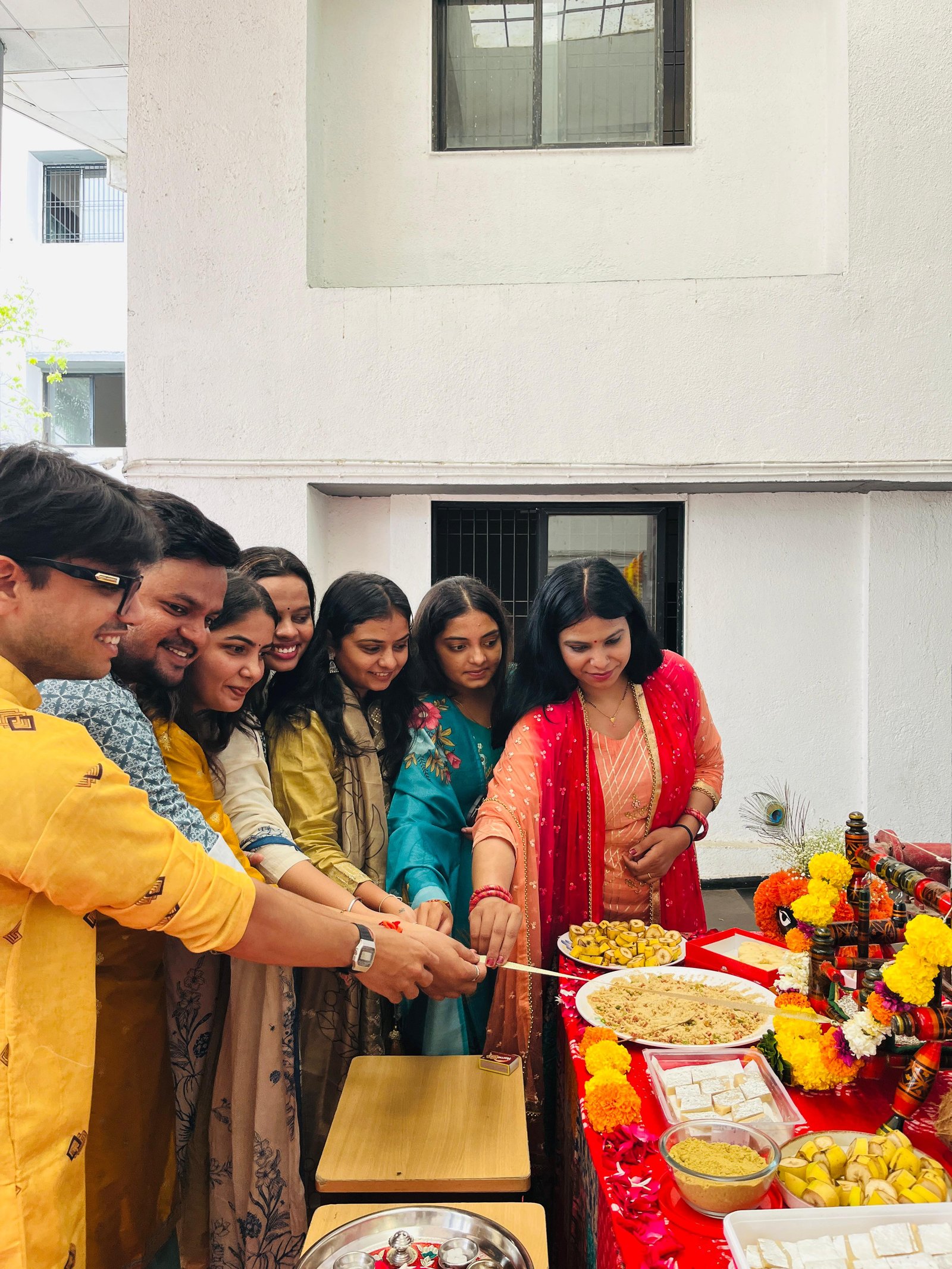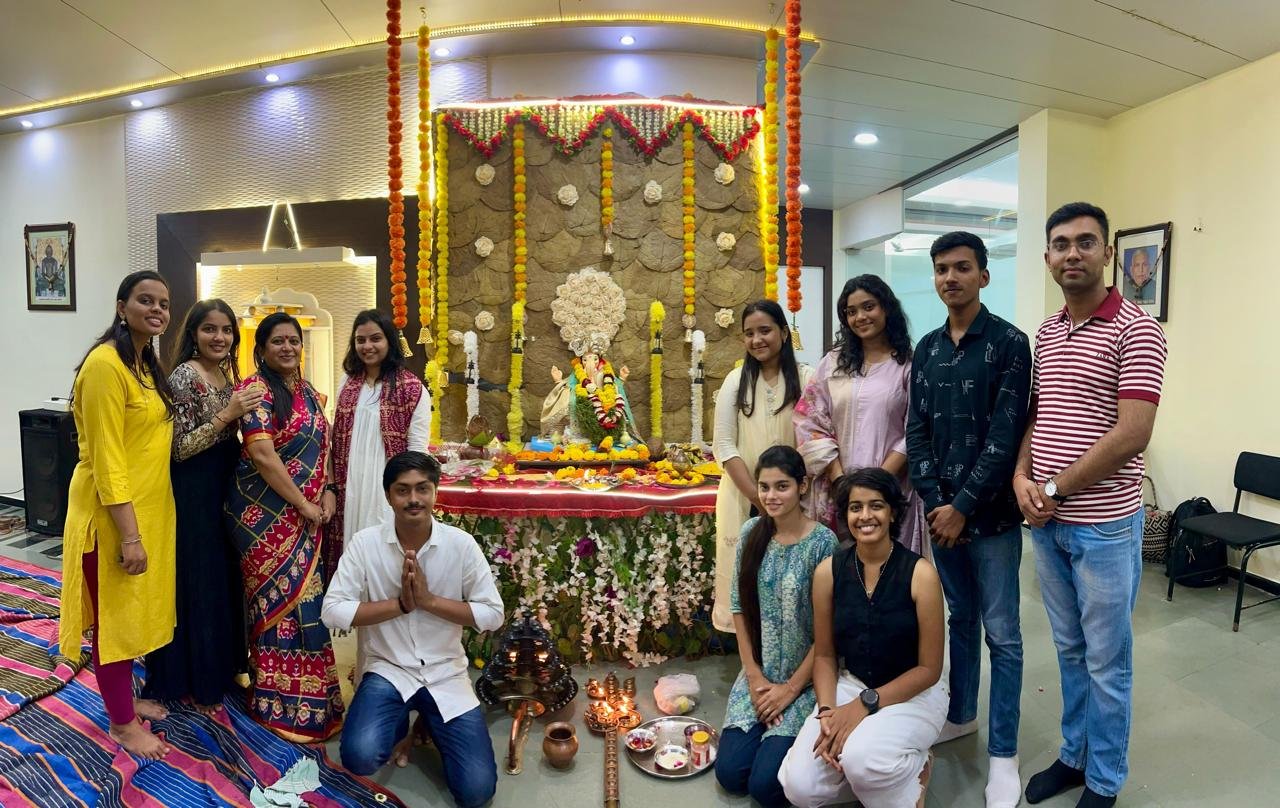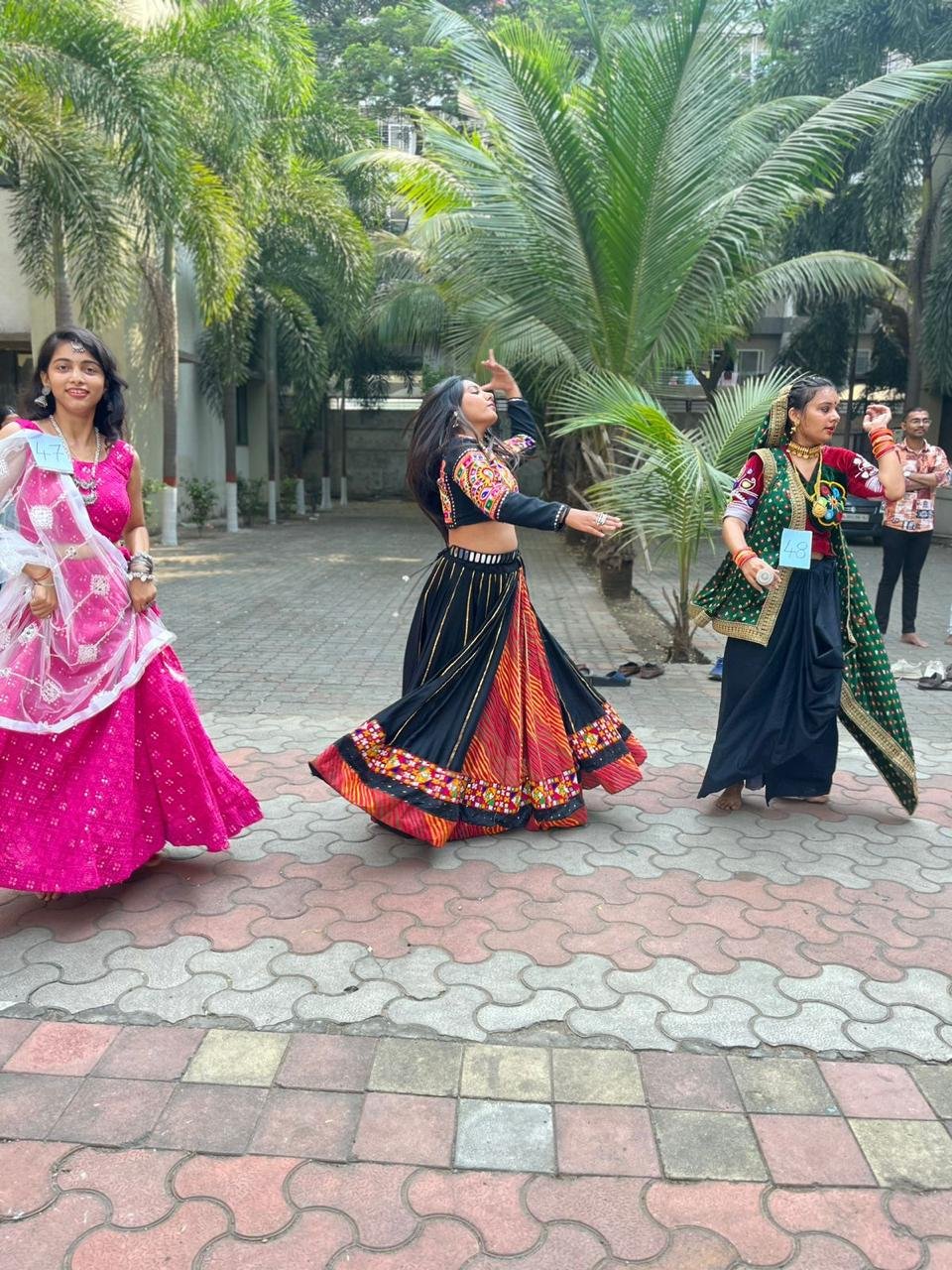About Detail
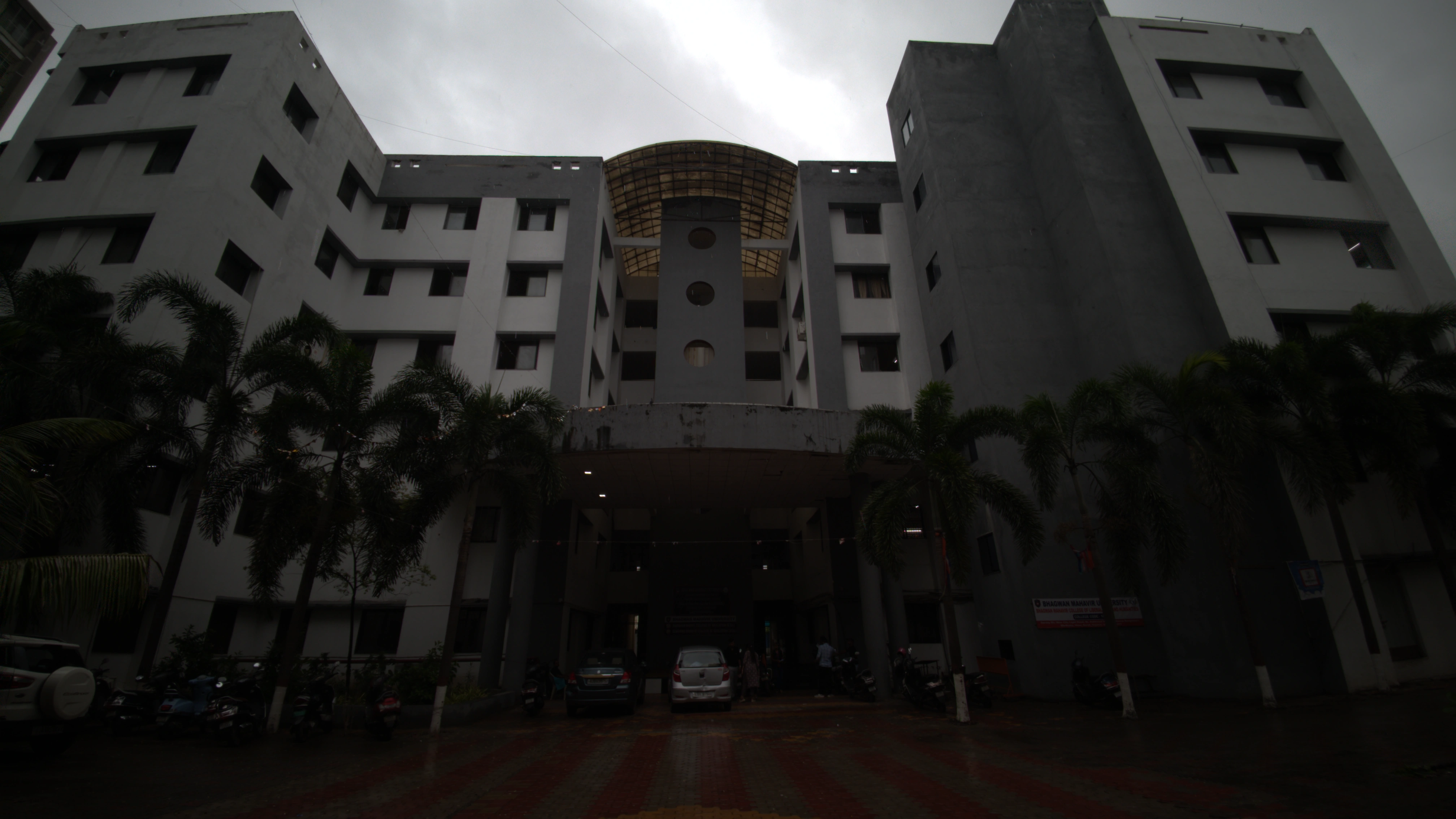
At Bhagwan Mahavir College of Liberal Arts (BMCLAH), we believe education is more than just learning, it is about exploring ideas, cultures, and the meaning of life itself. Our department offers a wide range of courses in language, literature, humanities, and culture.
Guided by a team of highly qualified faculty members, our curriculum is designed to balance strong theoretical foundations with real-world applications. Whether you aspire to become a researcher, contribute meaningfully to society, or simply want to understand the world and yourself more deeply, BMCLAH provides the ideal environment to grow.
With a focus on critical thinking, creativity, and cultural understanding, we aim to shape students into thoughtfu
Vision
- To be a center of excellence in higher education, skill development, and lifelong learning.
- To provide an innovative and value-based learning environment rooted in Indian traditions.
- To empower students with knowledge and skills to thrive in a changing social and economic world.
- To promote self-learning, openness, and creativity among students.
- To develop responsible leaders who uphold respect, humanism, and contribute to societal transformation.

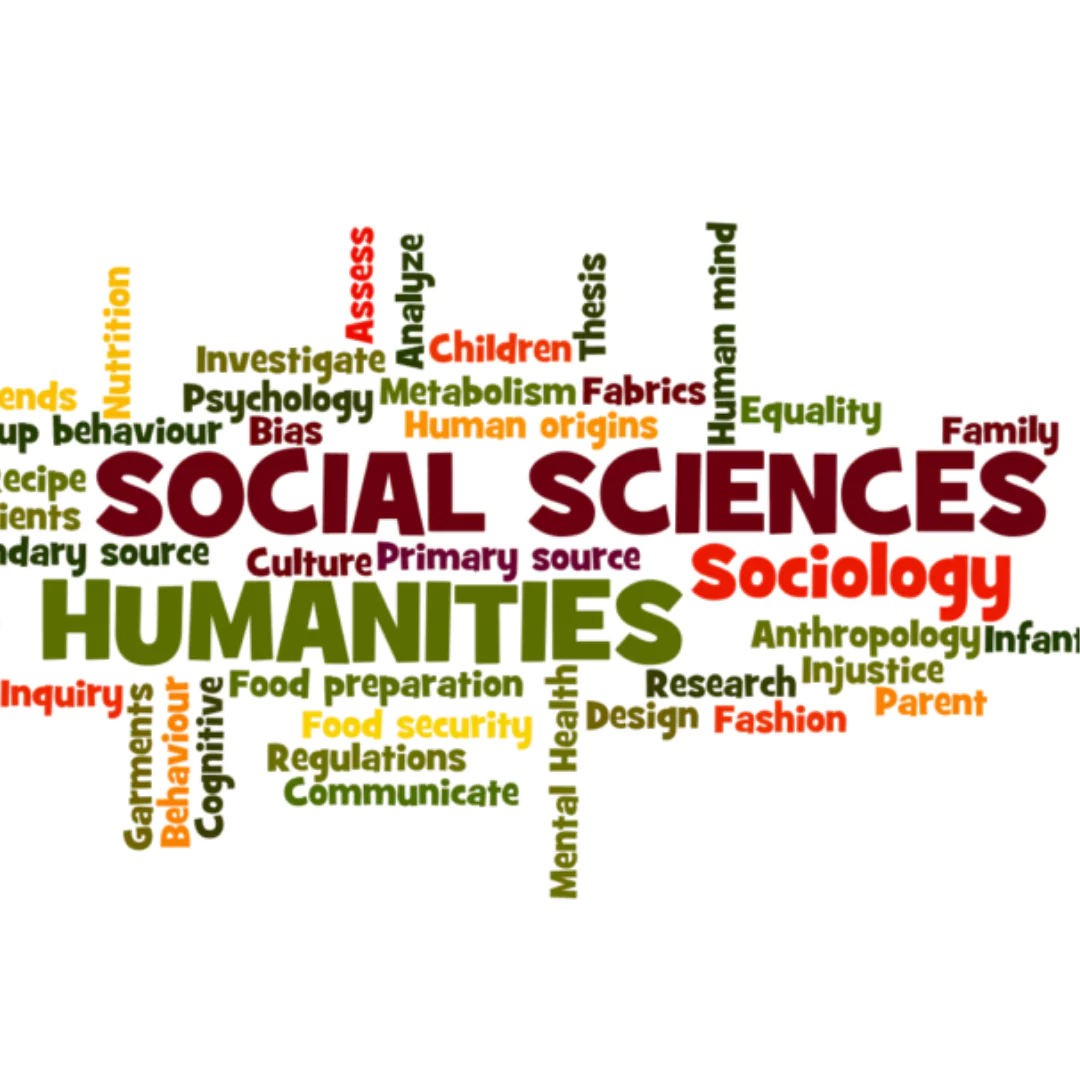
- Become a centre of excellence in higher education within a healthy and inclusive environment.
- Foster a stimulating learning atmosphere through innovative academic programs.
- Cultivate leadership and empower students to become agents of positive social change.
- Promote cultural richness by linking education with real-world experiences.
- Provide dedicated, responsive, and research-oriented faculty.
- Encourage research and inquiry among both students and faculty members.
- To provide holistic education in language, literature, humanities, and culture, blending theory with real-life applications.
- To promote research, creativity, and critical thinking among students.
- To ensure student-centric learning through interactive teaching methods, mentorship, and experiential learning.
- To maintain a culture of continuous improvement by updating the curriculum, pedagogy, and academic resources.
- To prepare students to become responsible citizens, researchers, and professionals with ethical values and social awareness.


Dr. Snehal Vaghela
Qualification : Ph.D.
Email : principal.bmclah@bmusurat.ac.in
Industry Experience : 2 Years
Teaching Experience : 13 Years
I am Dr. Snehal Vaghela, Principal with a Ph.D. in English Language Teaching (ELT) and over 13 years of experience as an Assistant Professor and academic leader. My passion lies in creating an inclusive, innovative learning environment that supports both academic excellence and personal growth. I believe in empowering students and faculty alike to thrive, lead, and make meaningful contributions to society.
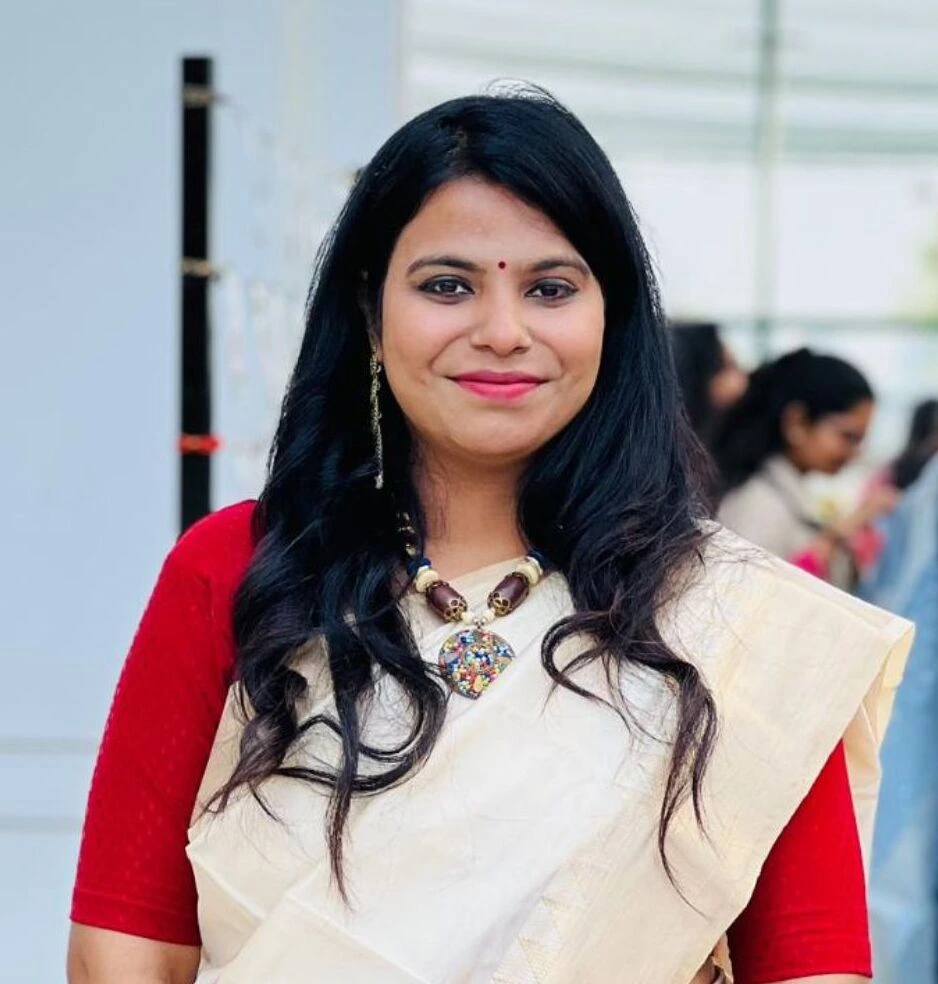
Mrs. Surbhi Kumari
Designation : Assistant Professor
Qualification :
Specialization : Psychology
Email : surbhi.kumari@bmusurat.ac.in

Mr. Ajay Gamit
Designation : Assistant Professor
Qualification :
Specialization : Social Work
Email : ajay.gamit@bmusurat.ac.in

Ms. Hetvi Solanki
Designation : Assistant Professor
Qualification :
Specialization : English
Email : hetvi.solanki@bmusurat.ac.in
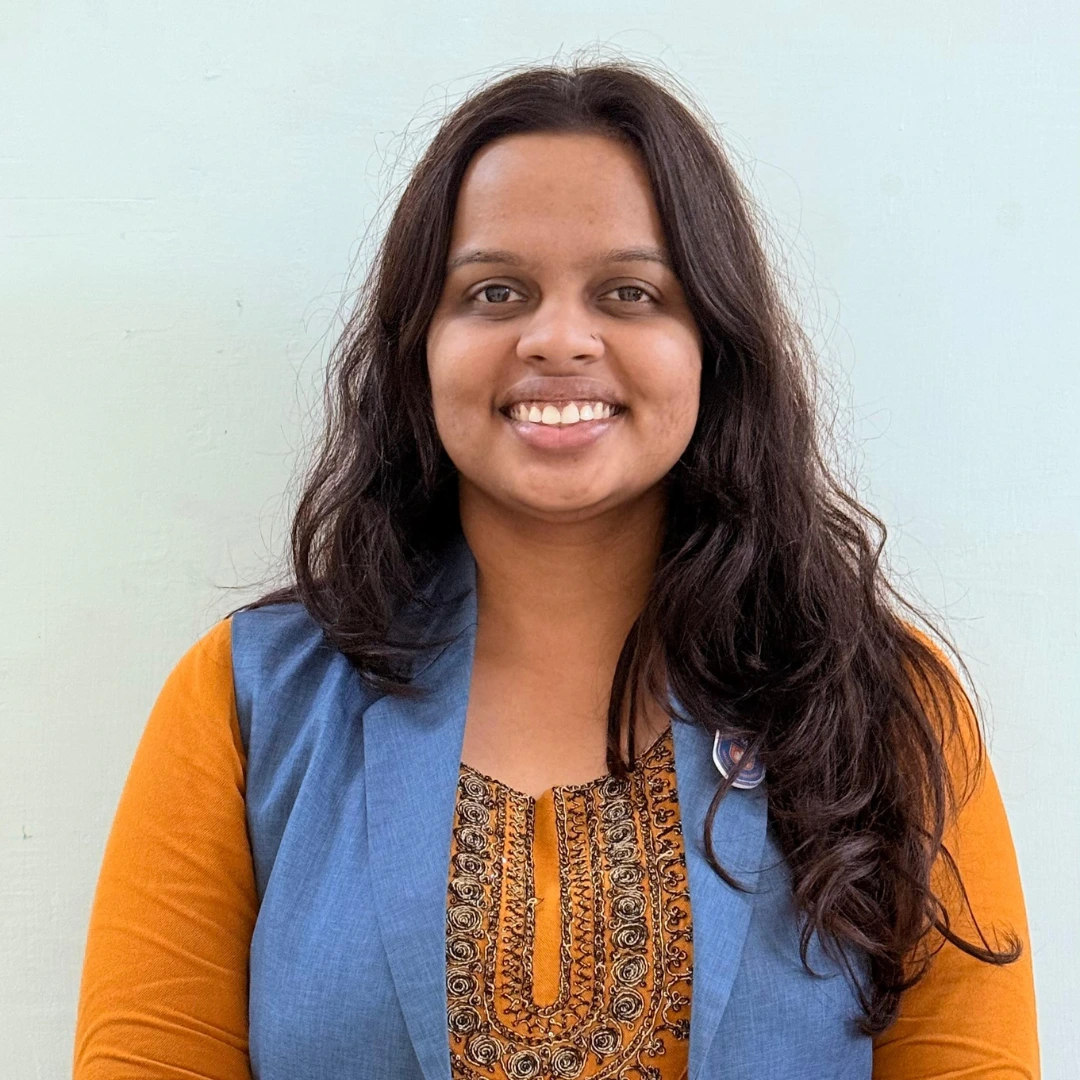
Ms. Pooja Yadav
Designation : Assistant Professor
Qualification :
Specialization : Political Science
Email : pooja.yadav@bmusurat.ac.in

Mr. Raj Modi
Designation : Assistant Professor
Qualification :
Specialization : Psychology
Email : raj.modi@bmusurat.ac.in
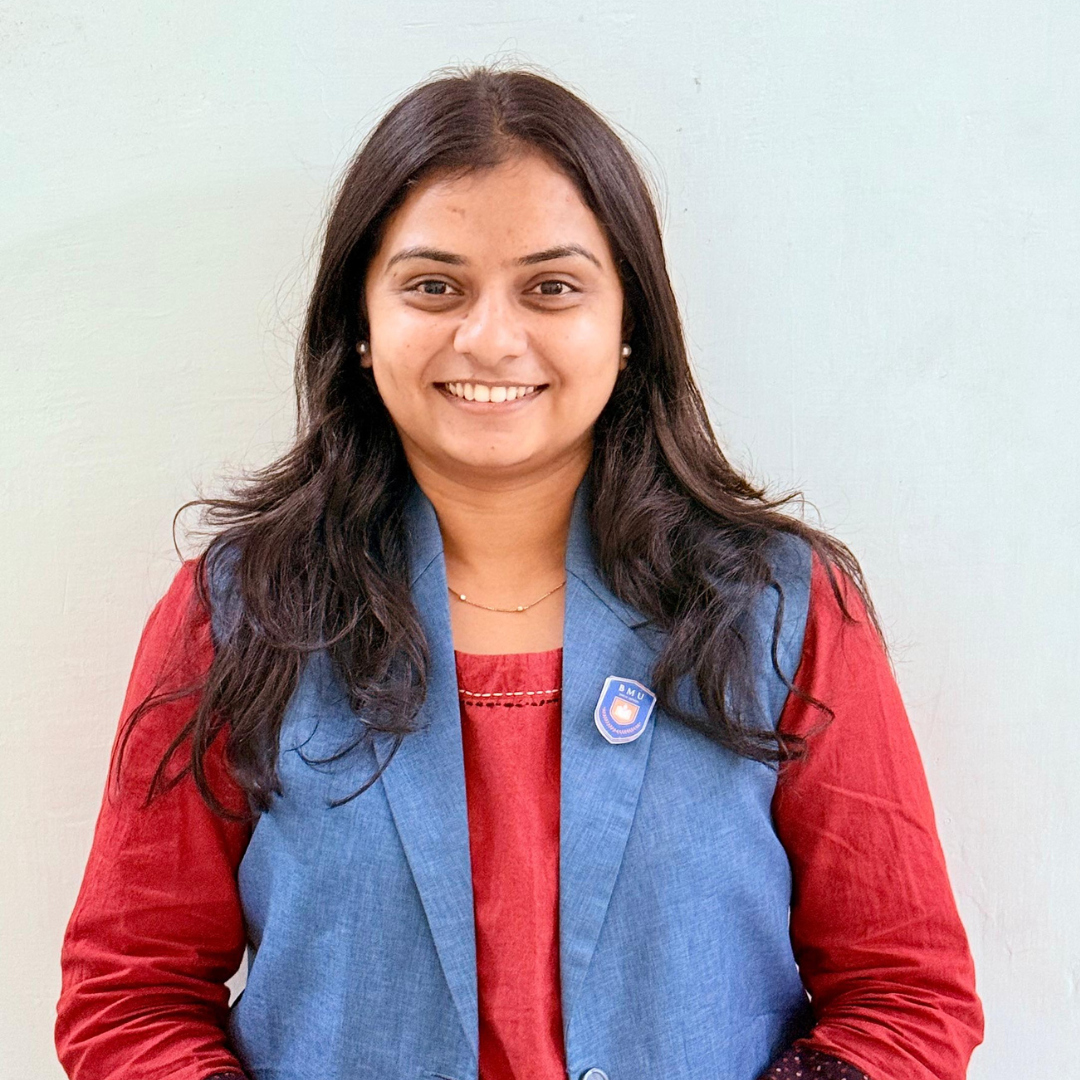
Ms. Khushbu Patel
Designation : Assistant Professor
Qualification :
Specialization : Financial Accounting
Email : khushbu.patel@bmusurat.ac.in
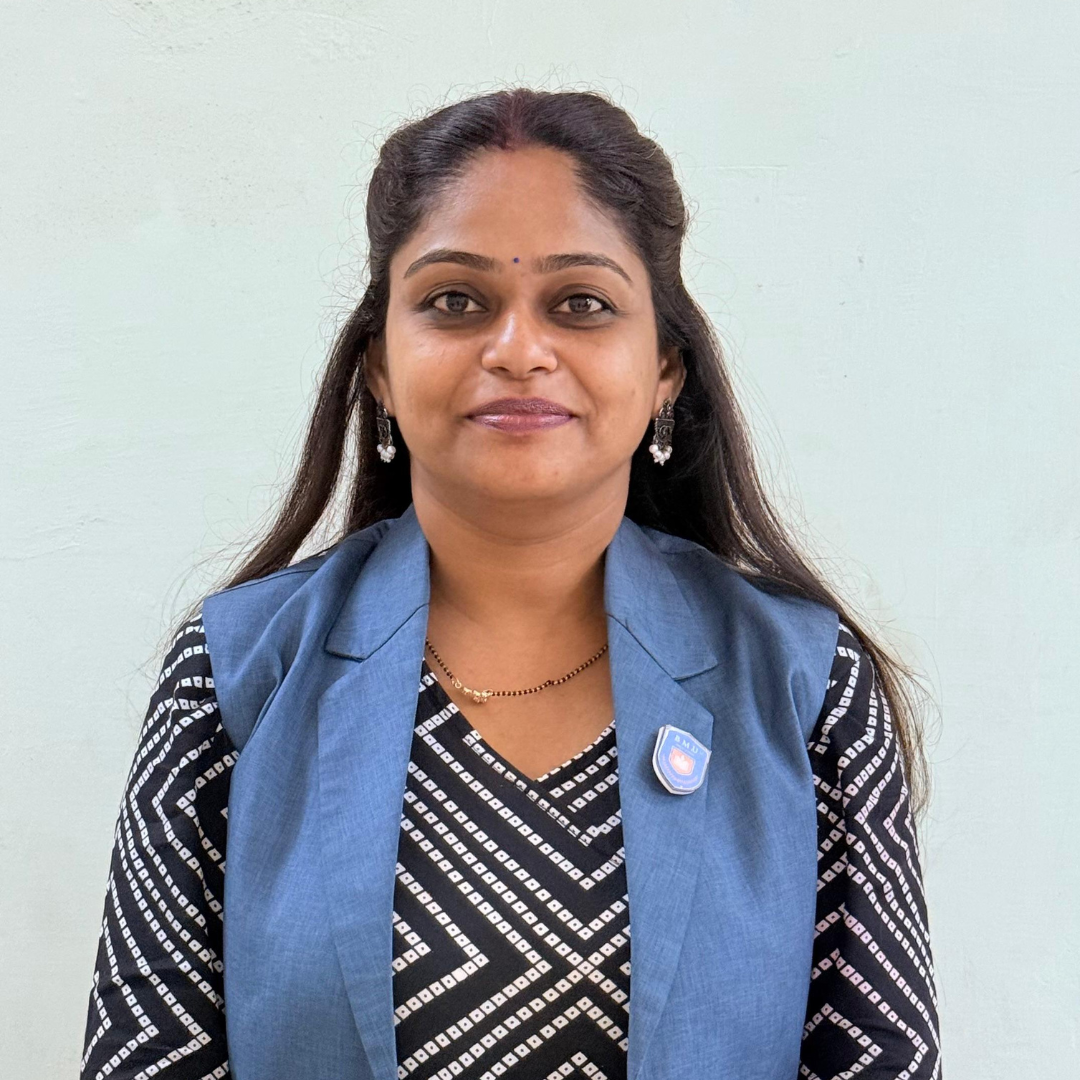
Mrs. Roma Sailor
Designation : Assistant Professor
Qualification :
Specialization : English
Email : roma.sailor@bmusurat.ac.in
Through the introductory study of economics, students will understand fundamental concepts such as demand, supply, scarcity, opportunity cost, GDP, and inflation. They will learn to differentiate between microeconomics and macroeconomics, and gain insights into the role of markets and government in the economy. This course will help them relate economics to daily life, develop logical thinking, and improve decision-making skills. Students will also explore the structure of the Indian economy, including its primary, secondary, and tertiary sectors, and begin to interpret basic economic data like unemployment rate and national income. By the end of the course, learners will develop curiosity and readiness to explore more advanced topics in economics.
| Subject Code | Subject Name |
|---|---|
| 1EG100T | Creative Writing and Literature |
| 1EG101I | Communication Skills - I |
| 1SY100I | Stress Management |
| 1SO100I | Indian Knowledge System - I |
| 1EO200T | Indian Economy |
| 1EO201T | Micro Economics |
| 1SO200T | Basic Introduction of Sociology |
| Subject Code | Subject Name |
|---|---|
| 1EG102T | Creative Writing and Literature - II |
| 1EG103I | Communication Skills - II |
| 1SY101I | Stress management - II |
| 1YG100I | Yoga |
| 1EO202T | Indian Economy |
| 1EO203T | Micro Economics |
| 1SO201T | Basic Introduction of Sociology - II |
| Subject Code | Subject Name |
|---|---|
| 1EG104T | Basics of Translation |
| 1EG105I | Communication Skills-III |
| 1HT100I | Tourism Management |
| 1SO101I | Indian Knowledge System - II |
| 1EO204T | Indian Banking and Currency |
| 1EO205T | Principle of Macro Economics |
| 1EO206T | Demography |
| Subject Code | Subject Name |
|---|---|
| 1EG106I | Presentation Skills |
| 1SO102I | Life Skills |
| 1SO103I | Social Skills |
| 1EO207T | Demography - II |
| 1EO208T | Economics of Money and Banking |
| 1EO209T | Theory of Growth and Development |
| 1SO202T | Indian Society |
| Subject Code | Subject Name |
|---|---|
| 1SY102I | Leadership Skills |
| 1EO300T | Environmental Economics |
| 1EO301T | Labour Economics |
| 1EO302T | Public Economics |
| 1SO203T | Social Change and Development |
| 1SO204T | Social Problems in India |
Political science is the systematic study of government, politics, and political behavior. It explores how power and authority are distributed and exercised in society, examining the structures, processes, and functions of political systems, both domestically and internationally. From understanding the role of institutions like legislatures, courts, and political parties, to analyzing global issues such as diplomacy, conflict, and human rights, political science seeks to explain how individuals and groups shape political decisions and policies.Through a combination of theoretical frameworks, empirical research, and practical analysis, political scientists aim to comprehend and address the complexities of governance and power dynamics in diverse political contexts. Whether it's studying the impact of elections, the behavior of political leaders, or the influence of ideologies, political science provides essential insights into the forces that shape our world.
| Subject Code | Subject Name |
|---|---|
| 1EG100T | Creative Writing and Literature |
| 1EG101I | Communication Skills - I |
| 1SO100I | Indian Knowledge System - I |
| 1SY100I | Stress Management |
| 1PS200T | Introduction to Political Science |
| 1PS201T | The Indian Constitution |
| 1HT200T | The History of Ancient India |
| 1SO200T | Basic Introduction of Sociology |
| Subject Code | Subject Name |
|---|---|
| 1EG102T | Creative Writing and Literature - II |
| 1EG103I | Communication Skills - II |
| 1SY101I | Stress management - II |
| 1YG100I | Yoga |
| 1PS202T | Understanding Political Theory |
| 1PS203T | Constitutional Government and Democracy in India |
| 1HT201T | The History of Ancient India (From Maurya Era to 647 B.C) |
| 1SO201T | Basic Introduction of Sociology - II |
| Subject Code | Subject Name |
|---|---|
| 1EG104T | Basics of Translation |
| 1EG105I | Communication Skills-III |
| 1SO101I | Indian Knowledge System - II |
| 1HT100I | Tourism Management |
| 1PS204T | International Relations |
| 1PS204T | International Relations |
| 1PS205T | Perspectives on Public Administration |
| Subject Code | Subject Name |
|---|---|
| 1EG106I | Presentation Skills |
| 1SO102I | Life Skills |
| 1SO103I | Social Skills |
| 1PS207T | Contemporary International Relations -II |
| 1PS208T | The Indian Government and Politics |
| 1PS209T | Western Political thoughts -II |
| 1SO202T | Indian Society |
| 1HT202T | Religious Movements in India (Mediaeval Era) |
| Subject Code | Subject Name |
|---|---|
| 1SY102I | Leadership Skills |
| 1PS300T | Introduction to Comparative Government and Politics |
| 1PS301T | Indian Political Thought |
| 1PS302T | Global Politics |
| 1SO203T | Social Change and Development |
| 1SO204T | Social Problems in India |
| 1HT203T | The Mughal Empire: Rise and Legacy |
| 1HT204T | The Transition from Mughal Rule to British India |
English Literature is the study of written works in the English language, from the earliest texts to contemporary masterpieces. It encompasses a vast range of genres, including poetry, drama, fiction, and essays, exploring the ways in which writers use language to reflect, question, and shape society. By studying English literature, readers can gain insights into the human experience our emotions, thoughts, struggles, and triumphs captured through the timeless power of storytelling.Through the exploration of works by renowned authors like Shakespeare, Dickens, Austen, and modern-day writers, students not only encounter diverse narratives but also learn to analyze themes, styles, and historical contexts. English literature encourages critical thinking, close reading, and the ability to appreciate both the beauty and complexity of language. It also offers a lens through which we can examine the cultures, values, and ideas that have shaped the world.
| Subject Code | Subject Name |
|---|---|
| 1EG100T | Creative Writing and Literature |
| 1EG101I | Communication Skills - I |
| 1SY100I | Stress Management |
| 1SO100I | Indian Knowledge System - I |
| 1EG200T | Introducing Literary Forms : Poetry |
| 1EG201T | Introducing Literary Forms : Drama |
| 1SO200T | Basic Introduction of Sociology |
| Subject Code | Subject Name |
|---|---|
| 1EG102T | Creative Writing and Literature - II |
| 1EG103I | Communication Skills - II |
| 1SY101I | Stress management - II |
| 1YG100I | Yoga |
| 1EG202T | Introducing Literary Forms : Prose (Non - fiction & Fiction) |
| 1EG203T | The History of English Language |
| 1SO201T | Basic Introduction of Sociology - II |
| Subject Code | Subject Name |
|---|---|
| 1EG104T | Basics of Translation |
| 1EG105I | Communication Skills-III |
| 1SO101I | Indian Knowledge System - II |
| 1HT100I | Tourism Management |
| 1EG204T | The Elizabethan Age (1558 – 1625) |
| 1EG205T | Shakespearean Age |
| 1EG206T | Short Stories and Language Work |
| Subject Code | Subject Name |
|---|---|
| 1EG106I | Presentation Skills |
| 1SO102I | Life Skills |
| 1SO103I | Social Skills |
| 1EG207T | The Neo –Classical Age (1701- 1798) |
| 1EG208T | American Literature |
| 1EG209T | The Puritan Age and the Restoration Period (1625 – 1700) |
| 1SO202T | Indian Society |
| Subject Code | Subject Name |
|---|---|
| 1SY102I | Leadership Skills |
| 1EG300T | Literary Criticism |
| 1EG301T | Indian Literature in English Translation |
| 1EG302T | World Literature |
| 1SO203T | Social Change and Development |
| 1SO204T | Social Problems in India |
Psychology is the scientific study of the mind and behavior. It explores how we think, feel, and act, both individually and in social contexts. As one of the most fascinating fields of study, psychology seeks to understand everything from basic mental processes like perception and memory to complex topics like emotions, personality, and mental health disorders.Psychologists use a variety of methods such as experiments, surveys, and observational studies to examine the factors that influence behavior. This includes how genetics, environment, and social factors shape the way people behave and interact with the world around them. By understanding the principles of psychology, we can improve our own well-being, enhance interpersonal relationships, and develop better strategies for addressing mental health challenges.
| Subject Code | Subject Name |
|---|---|
| 1EG100T | Creative Writing and Literature |
| 1EG101I | Communication Skills - I |
| 1SO100I | Indian Knowledge System - I |
| 1SY100I | Stress Management |
| 1SY200T | Introduction to Psychology |
| 1SY201T | Bio Psychology |
| 1EG200T | Introducing Literary Forms : Poetry |
| 1SO200T | Basic Introduction of Sociology |
| Subject Code | Subject Name |
|---|---|
| 1EG102T | Creative Writing and Literature - II |
| 1EG103I | Communication Skills - II |
| 1SY101I | Stress management - II |
| 1YG100I | Yoga |
| 1SY202T | Social Psychology |
| 1SY203T | Basic Psychological Processes |
| 1EG202T | Introducing Literary Forms : Prose (Non - fiction & Fiction) |
| 1SO201T | Basic Introduction of Sociology - II |
| Subject Code | Subject Name |
|---|---|
| 1EG104T | Basics of Translation |
| 1EG105I | Communication Skills-III |
| 1HT100I | Tourism Management |
| 1SO101I | Indian Knowledge System - II |
| 1SY204T | Educational Psychology |
| 1SY205T | Abnormal Psychology |
| 1SY206T | Criminal Psychology |
| Subject Code | Subject Name |
|---|---|
| 1EG106I | Presentation Skills |
| 1SO102I | Life Skills |
| 1SO103I | Social Skills |
| 1SY207T | Basic Psychological Process- II |
| 1SY208T | Counselling Psychology-I |
| 1SY209T | Nutrition and Psychology |
| 1EG207T | The Neo –Classical Age (1701- 1798) |
| 1SO202T | Indian Society |
| Subject Code | Subject Name |
|---|---|
| 1SY102I | Leadership Skills |
| 1SY300T | Clinical Psychology-I |
| 1SY301T | Counselling Psychology-II |
| 1SY302T | Organizational Psychology |
| 1EG210T | The Romantic Period (1798 -1830) |
| 1EG211T | The Victorian Period (1837 - 1901) |
| 1SO203T | Social Change and Development |
| 1SO204T | Social Problems in India |
Sociology is the study of society, social behavior, and the structures that shape our lives. It examines how individuals, groups, institutions, and cultures influence one another and how social forces like race, class, gender, and economics affect people’s opportunities and experiences. Sociologists explore a wide range of topics from family dynamics and education systems to global social movements and inequalities.Through research and analysis, sociology helps us understand the patterns of human interaction, the development of social norms, and the causes and consequences of social change. By studying sociology, we gain a deeper insight into the complexities of society, learning to critically assess the social forces that influence our daily lives and contribute to the larger picture of societal progress or conflict.
A Master’s in Economics (MA Economics) is a graduate program that provides a deep understanding of economic theories, models, and quantitative methods. This advanced degree equips students with the skills needed to analyze complex economic issues, both on a micro and macro scale, and to apply economic principles to real-world challenges.Through the program, students explore topics such as market dynamics, economic policy, international trade, and economic development. They gain proficiency in statistical analysis, econometrics, and research techniques that are essential for examining data and making informed economic decisions. Graduates of an MA in Economics are prepared for careers in government, finance, consultancy, research, and policy-making, where they can influence economic planning and drive societal growth.
| Subject Code | Subject Name |
|---|---|
| 1100301101 | Micro Economics -I |
| 1100301102 | Macro Economics -I |
| 1100301103 | Quantitative Methods for Economics -I |
| 1100301104 | Industrial Economies -I |
| 1100301105 | Research Methodology for Economics |
| Subject Code | Subject Name |
|---|---|
| 1100301201 | Micro Economics – II |
| 1100301202 | Macro Economics – II |
| 1100301203 | Quantitative Methods for Economics -II |
| 1100301204 | Industrial Economics-II |
| 1100301205 | Indian Political System |
| Subject Code | Subject Name |
|---|---|
| 1100301301 | Economics of Social Sector |
| 1100301302 | Environmental Economics |
| 1100301303 | Theories of Growth and Development |
| 1100301304 | Industrial and Labor Welfare |
| 1100301305 | Banking and Insurance |
| Subject Code | Subject Name |
|---|---|
| 1100301401 | Indian Economic Policy |
| 1100301402 | International Economics |
| 1100301403 | Public Economics |
| 1100301404 | Industrial and Labor Welfare |
| 1100301405 | Environmental and Industrial Development |
A Master’s in Political Science (MA Political Science) is an advanced program that delves into the study of politics, governance, and power dynamics at local, national, and global levels. This graduate degree provides a comprehensive understanding of political theory, international relations, public policy, comparative politics, and political institutions.Through critical analysis, research, and practical application, students explore how political systems function, how governments create and implement policies, and how political movements shape societies. The program also examines global issues such as diplomacy, conflict, human rights, and international law, preparing graduates to navigate and influence the ever-evolving political landscape.
| Subject Code | Subject Name |
|---|---|
| 1100303101 | Western Political Tradition |
| 1100303102 | Pre-colonial Political Tradition in India |
| 1100303103 | Theories of International Relations |
| 1100303104 | Comparative Political Analysis |
| 1100303105 | Theory of Public Administration |
| Subject Code | Subject Name |
|---|---|
| 1100303201 | Comparative Politics Issues and Trends |
| 1100303202 | Indian Politics Institution and Processes |
| 1100303203 | International Relations Theory and Problems |
| 1100303204 | Peace and Conflict Studies |
| 1100303205 | Public Policy-I |
| Subject Code | Subject Name |
|---|---|
| 1100303301 | Research Methodology |
| 1100303302 | Political Theory |
| 1100303303 | Indian Political Thought |
| 1100303304 | International Political Economy |
| 1100303305 | Foreign Policy and Diplomacy |
| Subject Code | Subject Name |
|---|---|
| 1100303401 | Contemporary Political Thinkers |
| 1100303402 | Human Rights in India |
| 1100303403 | New Politics of Identity |
| 1100303404 | India Democracy and Development |
| 1100303405 | Approaches and Emerging Issues in International Relations |
A Master’s in English (MA English) is an advanced degree that provides in-depth study of literature, language, and critical theory. This program allows students to explore a wide range of texts from classical works to contemporary novels and engage with diverse literary traditions, genres, and cultural contexts.Through this program, students deepen their understanding of the English language, refine their analytical and writing skills, and explore key themes such as identity, power, and social change as reflected in literature. Coursework typically includes literary criticism, history of literature, creative writing, and comparative studies, while also fostering skills in research, interpretation, and communication.
| Subject Code | Subject Name |
|---|---|
| 1100305101 | The History of English Literature (Chaucer to 16th Century) |
| 1100305102 | The Restoration Period of English Literature (1640 To 1700) |
| 1100305103 | The Augustan Period of English Literature (1700-1798) |
| 1100305104 | Women’s Writing in English |
| 1100305105 | Psychological Studies of the Play |
| Subject Code | Subject Name |
|---|---|
| 1100305201 | The Romantic Period (1798-1840) |
| 1100305202 | The Victorian Period (1840-1900) |
| 1100305203 | The Modern Period (1900-1950) |
| 1100305204 | Indian Writing in English Translation |
| 1100305205 | Novel and Psychology |
| Subject Code | Subject Name |
|---|---|
| 1100305301 | Post-Modern Period (1950-2000) |
| 1100305302 | American Literature |
| 1100305303 | Classical Literary Criticism |
| 1100305304 | Classic Novels |
| 1100305305 | Literary Movements |
| Subject Code | Subject Name |
|---|---|
| 1100305401 | Dalit Literatures |
| 1100305402 | Modern Literary Criticism |
| 1100305403 | American Literature (Black Literature) |
| 1100305404 | Classic Novels |
| 1100305405 | The literature of Indian Diaspora |
A Master’s in Psychology (MA Psychology) is an advanced program that provides a deeper understanding of human behavior, emotions, and mental processes. This degree equips students with the knowledge and skills necessary to analyze psychological theories, conduct research, and apply psychological principles in real-world settings.The program covers various branches of psychology, including clinical, cognitive, social, developmental, and organizational psychology. Students learn how to assess and address mental health issues, understand human behavior in different contexts, and explore the psychological factors that influence decision-making, relationships, and personal development.
| Subject Code | Subject Name |
|---|---|
| 1100306101 | Clinical Psychology |
| 1100306102 | Counselling Psychology |
| 1100306103 | Advanced Research |
| 1100306104 | Positive Psychology |
| 1100306105 | Neuropsychology |
| Subject Code | Subject Name |
|---|---|
| 1100306201 | Clinical Psychology-II |
| 1100306202 | Counseling Psychology-II |
| 1100306203 | Research Methodology |
| 1100306204 | Cognitive Psychology |
| 1100306205 | Neuropsychology- II |
A Master’s in Sociology (MA Sociology) is an advanced program that delves into the study of society, social structures, and human behavior. This degree provides students with the tools to critically examine social issues, explore the dynamics of power, inequality, and social change, and understand how individuals and groups interact within different cultural, political, and economic contexts.Throughout the program, students engage with topics such as social theory, urbanization, globalization, gender, race, class, and the impact of social institutions like family, education, and the media. By combining research, theory, and fieldwork, an MA in Sociology prepares students to analyze the forces shaping society and to contribute to addressing pressing social challenges.
| Subject Code | Subject Name |
|---|---|
| 1100307101 | Classical Sociological Tradition-I |
| 1100307102 | Research Methodology |
| 1100307103 | Social Change and Development-I |
| 1100307104 | Environmental Impact on Society |
| 1100307105 | Globalization and Society |
| Subject Code | Subject Name |
|---|---|
| 1100307201 | Theoretical Perspective in Sociology |
| 1100307202 | Research Methodology in Social Science |
| 1100307203 | Social Change and Development in Modern India |
| 1100307204 | Socio Cultural Movement in India |
| 1100307205 | Women's Study |
| 1100307206 | Sociological Counseling for family |
| Subject Code | Subject Name |
|---|---|
| 1100307301 | Rural Sociology |
| 1100307302 | Sociology of Tribal Community |
| 1100307303 | Sociology of Development |
| 1100307304 | Environment and Indian Society |
| 1100307305 | The Study of Indian Diaspora |
| Subject Code | Subject Name |
|---|---|
| 1100307401 | Sociology of Religion |
| 1100307402 | Society and Gender |
| 1100307403 | Education of Sociology |
| 1100307404 | Change and Development in Tribal’s |
| 1100307405 | Sociology of Health |
A Master of Social Work (MSW) is a graduate program designed to equip students with the knowledge and skills needed to address social issues and improve the well-being of individuals, families, and communities. This program focuses on understanding human behavior, social policies, and the systems that impact individuals’ lives, while also providing practical training in clinical practice, community work, and advocacy.Through an MSW, students engage with key areas such as mental health, child welfare, healthcare, substance abuse, and family dynamics. They also learn to work in diverse settings, including hospitals, schools, government agencies, non-profits, and community organizations, where they can provide support, guidance, and resources to vulnerable populations.
| Subject Code | Subject Name |
|---|---|
| 1100313101 | History and Philosophy of Social Work and Social Work Education and Profession |
| 1100313102 | Social Work Practice Through Group Work |
| 1100313103 | Social Work Through Case Work |
| 1100313104 | Sociology |
| 1100313105 | Psychology |
| 1100313106 | Field Work |
| Subject Code | Subject Name |
|---|---|
| 1100313201 | Research Methodology |
| 1100313202 | Social Work and Counseling |
| 1100313203 | Human Rights and Social Justice |
| 1100313204 | Sociology for Social Work |
| 1100313205 | Psychology for Social Work |
| 1100313206 | Field Work in Social Work |
Principal’s Office
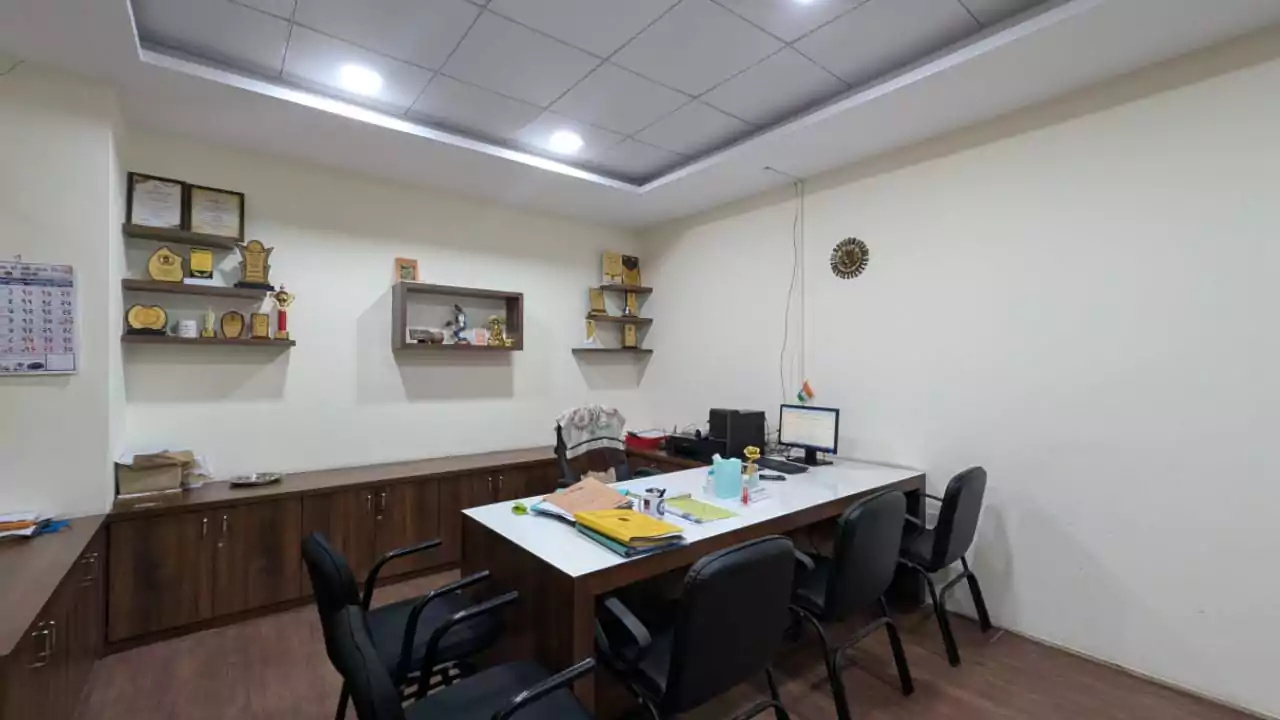
Administrative Block / Clerk Office
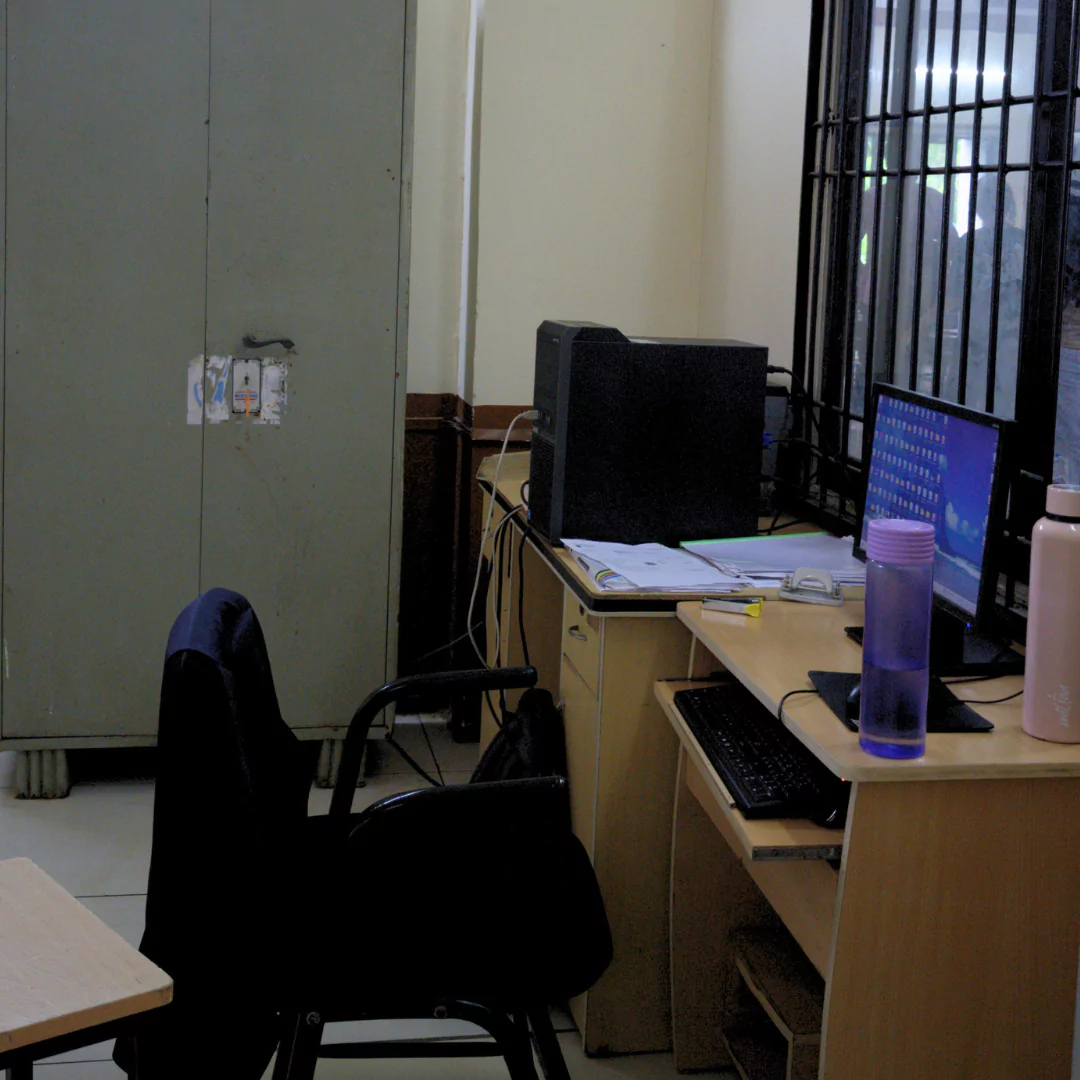
Faculty Rooms / Staff Rooms
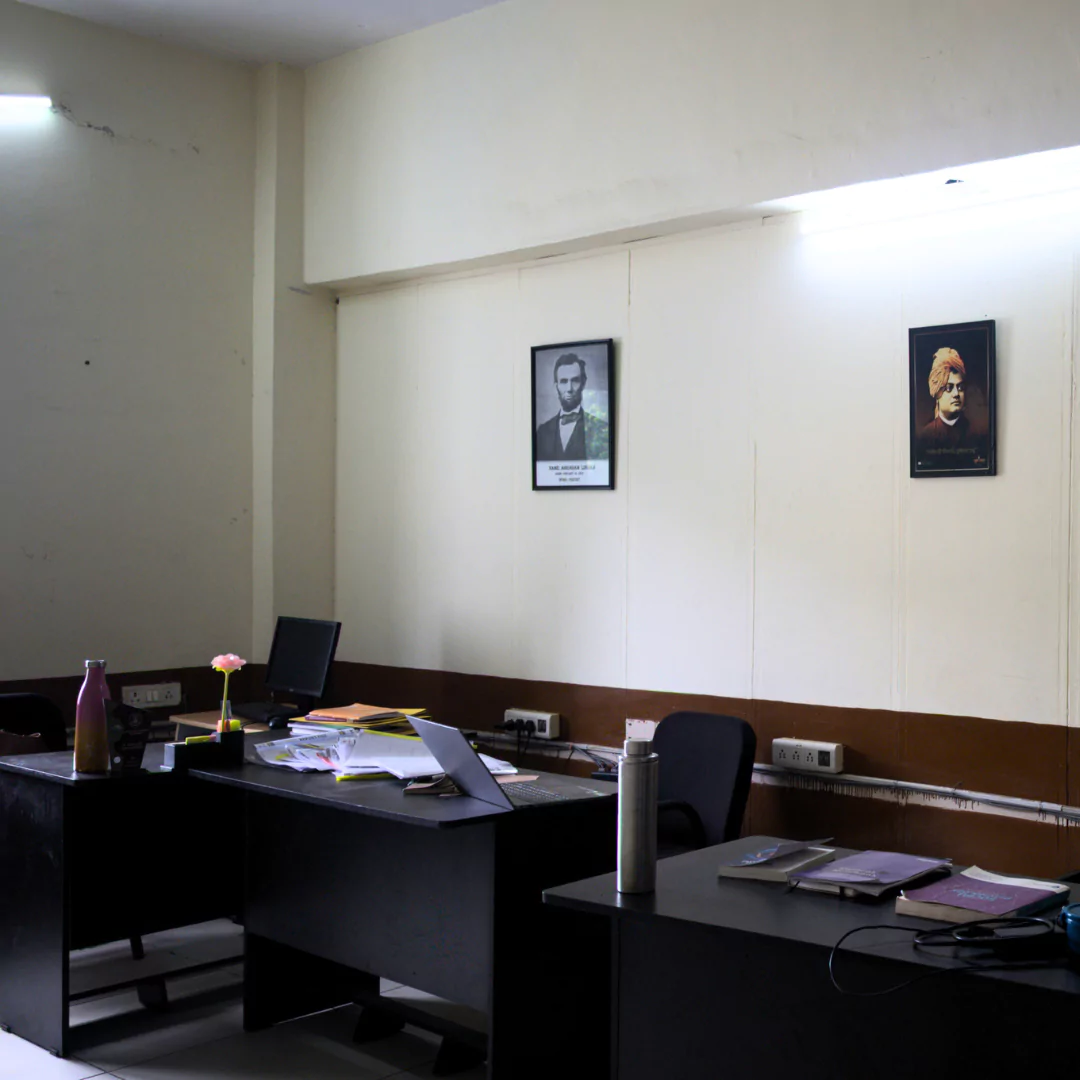
Campus Area
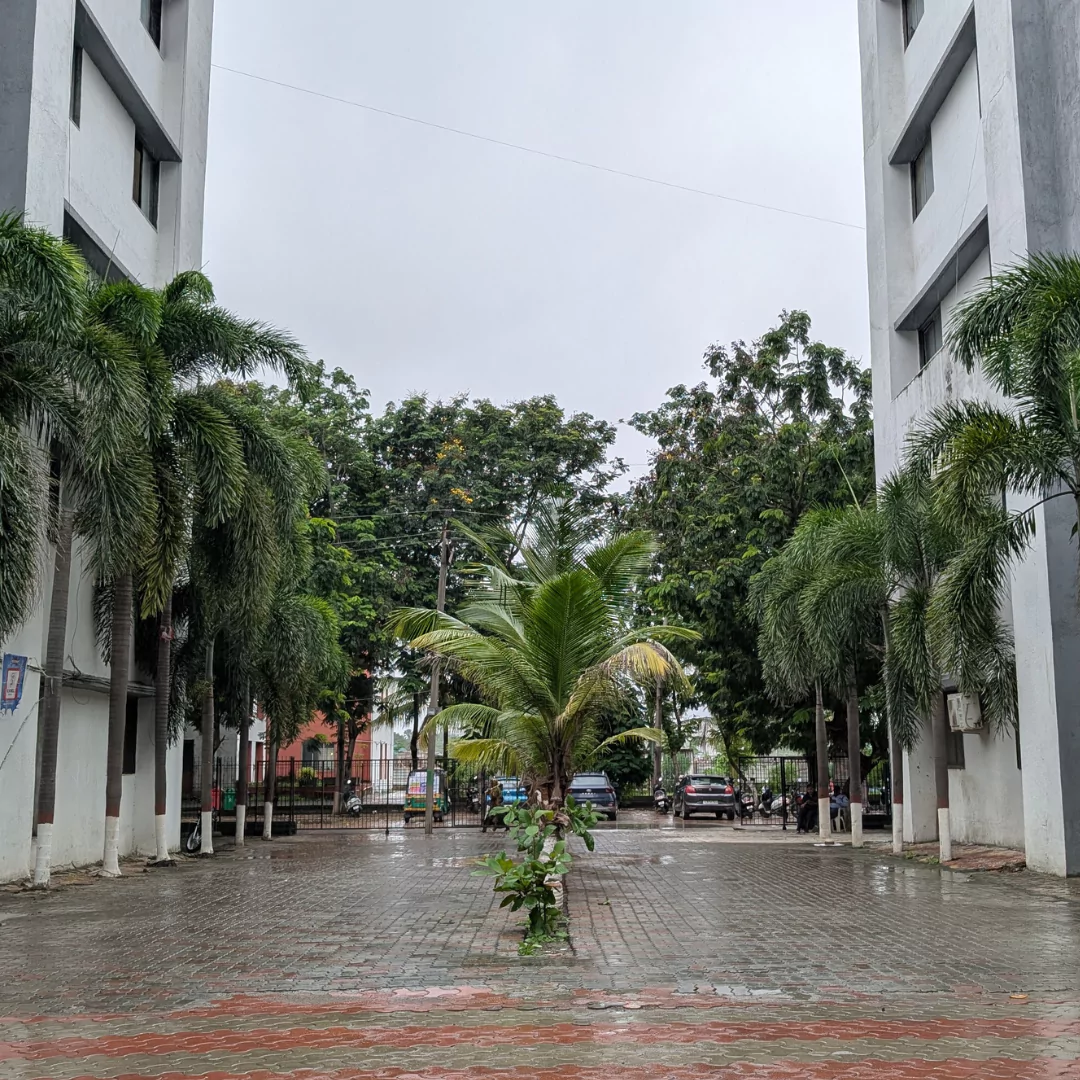
Corridor / Hallway
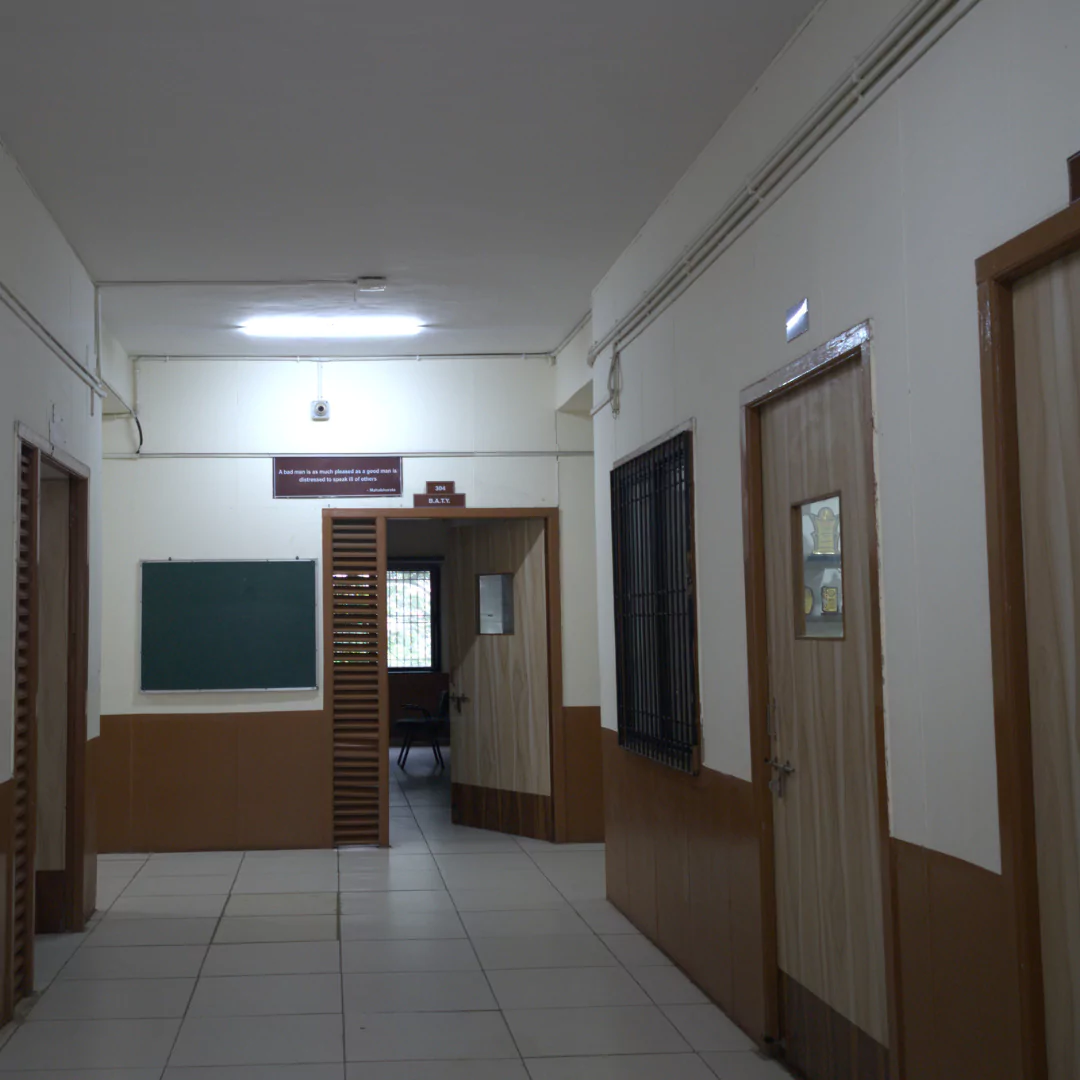
Library
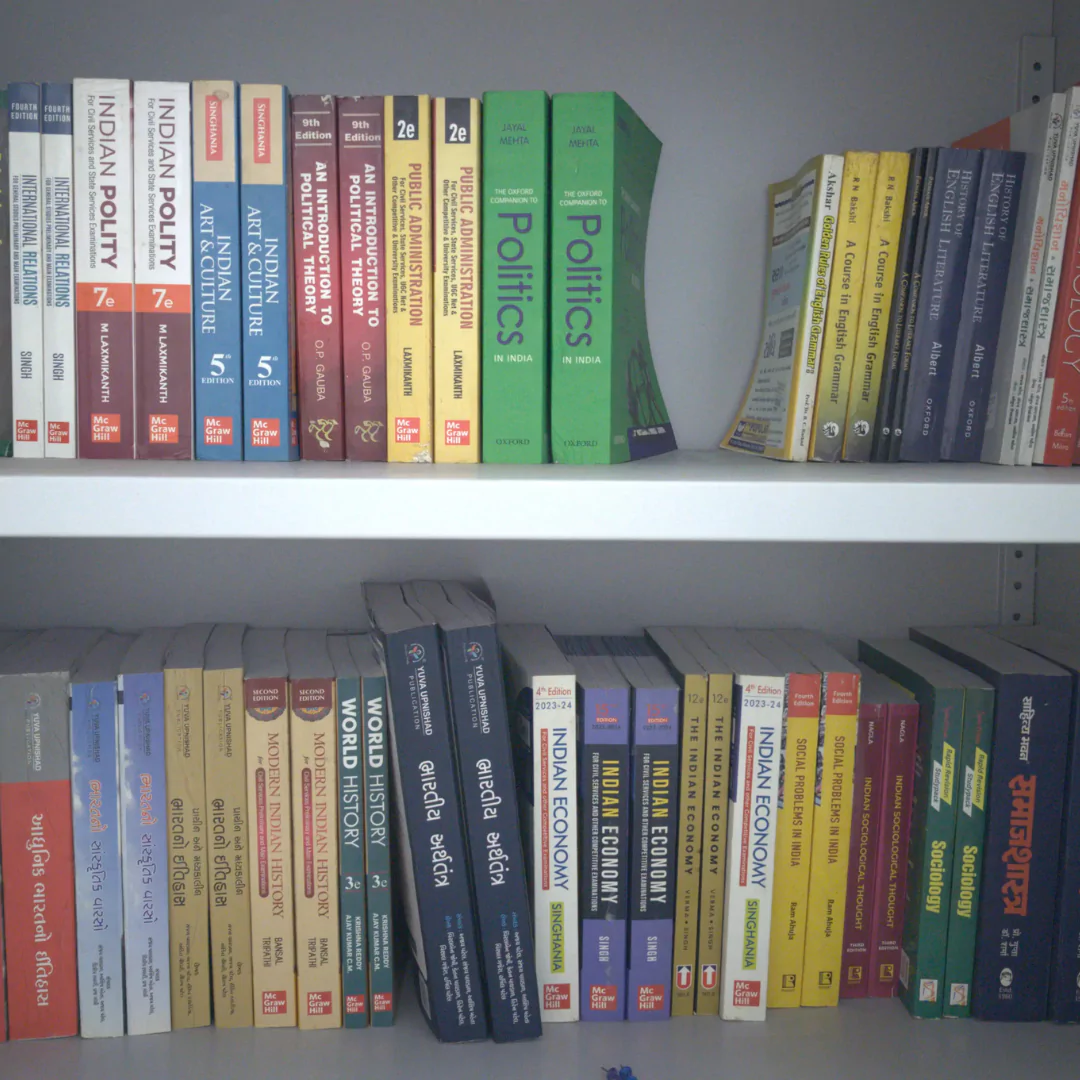
Classrooms
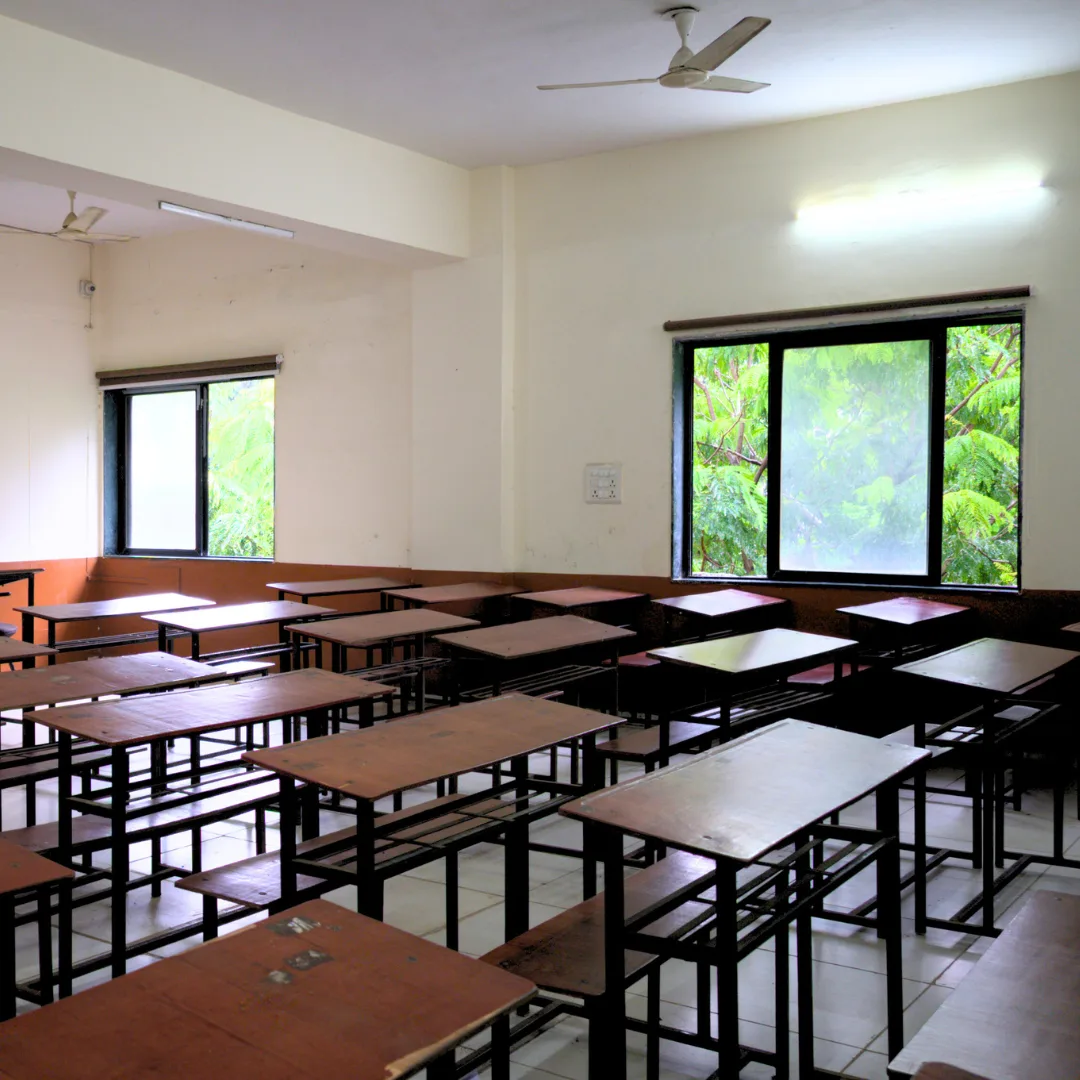
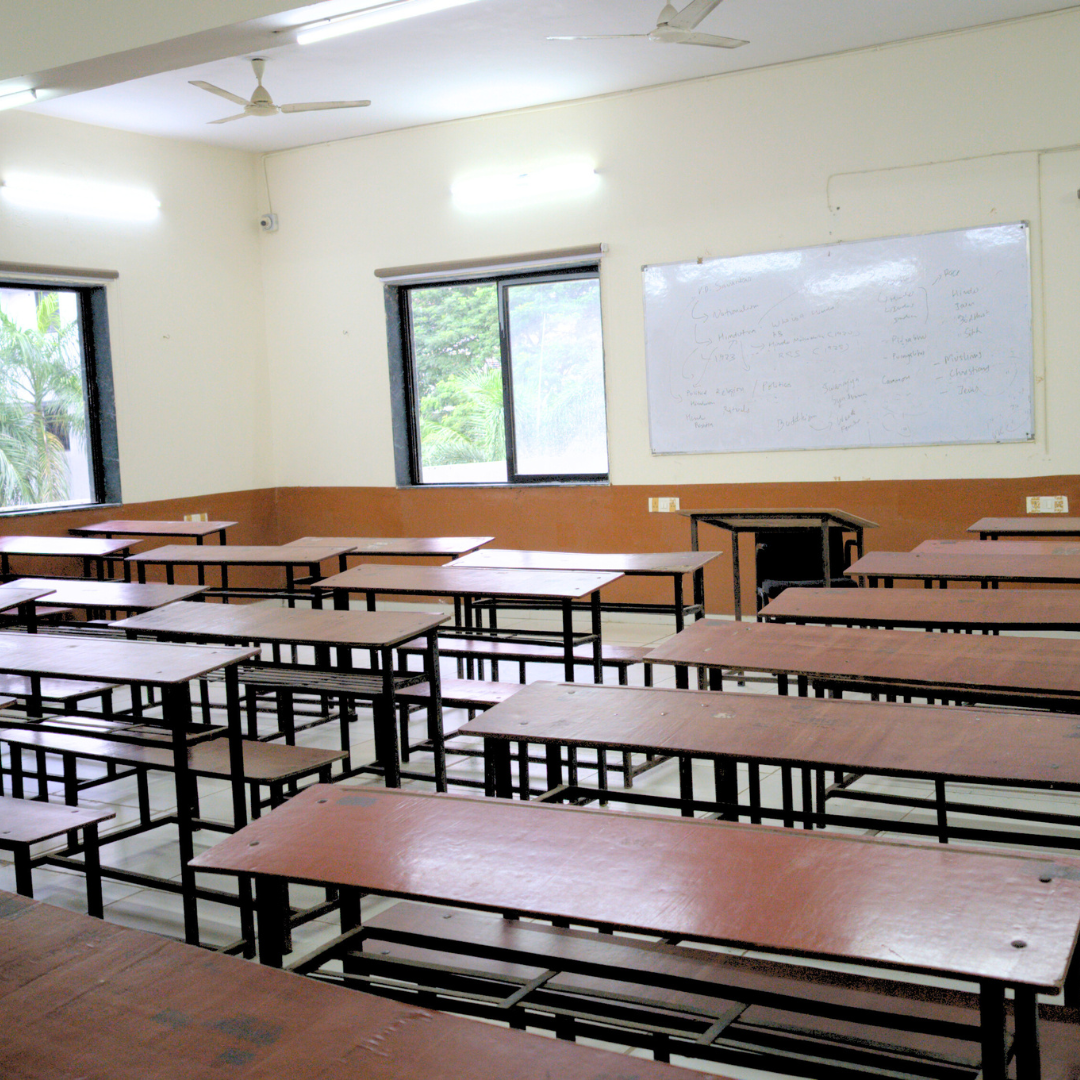
| Sr.No | Academic Calendar Subject | Academic Calendar File |
|---|---|---|
|
|
Academic_Calendar_Odd_Sem_AY_2025-26 | file-1755927272631-file-1755853804172-Academic_Calendar_Odd.pdf |
|
|
Academic Calendar-2022-23 | file-1755927705871-AcademicCalendar-2022-23-2.pdf |
|
|
Academic Calendar-2023-24 | file-1755927746221-Academic-Calendar-2023-24-odd-sem.pdf |
|
|
Academic Calendar-2024-25 | file-1755927826078-Academic_Calendar_Odd_Sem_AY_2024-25_Fin.pdf |
| Sr.No | Examination Subject | Examination File |
|---|---|---|
|
|
Internal Timetable - Sem 2 2026 | file-1769076957502-Timetable_2026.pdf |
| Sr.No | Holiday Subject | Holiday File |
|---|---|---|
|
|
Our University Holiday List | file-1755927463472-Holidays.webp |
|
|
Holiday List 2025-26 | file-1769077318440-Holiday_List-2026.pdf |
| Sr.No | Auunual Report Subject | Auunual Report File |
|---|---|---|
|
|
BMCLAH Newsletter (Jan, Feb, Mar) | file-1769075912734-Newsletter_Jan_Feb_March_2025_2.pdf |
|
|
BMCLAH Newsletter (APR, MAY, JUN) | file-1769075951877-Newsletter_BMCLAH_April-May-June.pdf |
|
|
BMCLAH Newsletter (JLY, AUG, SEP) | file-1769075996052-Newsletter_BMCLAH_July-Aug-Sept_1.pdf |
Cultural Commitee
The Cultural Committee of the college promotes creativity, cultural awareness, and student engagement through various events and activities. It is actively managed by our Assistant Professors, encouraging holistic development beyond academics.
Alumni Committee
The Alumni Committee strengthens the bond between the institution and its alumni by fostering lifelong connections and collaboration. Managed by our Assistant Professors, it supports networking, mentorship, and alumni engagement activities.
Admission Committee
The Admission Cell Committee of the college ensures a smooth, transparent, and student-friendly admission process. It is efficiently managed by our Assistant Professors, who provide academic guidance and support to prospective students.
Anti-Ragging Committee
The Anti-Ragging Committee ensures a safe, respectful, and inclusive campus environment. It is managed by faculty members who strictly monitor, prevent, and address any incidents of ragging in accordance with institutional and legal guidelines.
Women Dwelopment Cell
The Women Development Cell (WDC) works towards the empowerment, safety, and overall development of women on campus. It is managed by faculty members and organizes awareness programs, support initiatives, and activities promoting gender equality and well-being.
ST\SC Cell
The SC/ST Cell is established to support students belonging to Scheduled Castes and Scheduled Tribes by facilitating scholarships and welfare schemes. It also addresses issues related to discrimination, ensures equal opportunities, and promotes an inclusive and supportive academic environment.
National Service Scheme
The National Service Scheme (NSS) encourages students to engage in community service and social responsibility. It promotes values of citizenship, leadership, and social awareness through various outreach and developmental activities.
Attendance and Discipline Committee
The Attendance and Discipline Committee ensures regular attendance and upholds discipline within the college. It is carried out by students, Department and Class Representatives, along with the General Secretary, to promote responsibility and a positive academic environment.
Social Media Committee
The Student Social Media Committee manages the college’s official social media platforms and digital outreach. Led by students, it promotes events, achievements, and campus activities while maintaining responsible and ethical online communication.
Circulars
| Circular Date | Circular Name | Circular File |
|---|---|---|
| 28/01/2026 | 5th Convocation Ceremony | file-1769748760702-Convocation.jpg |
Our Educational Tour
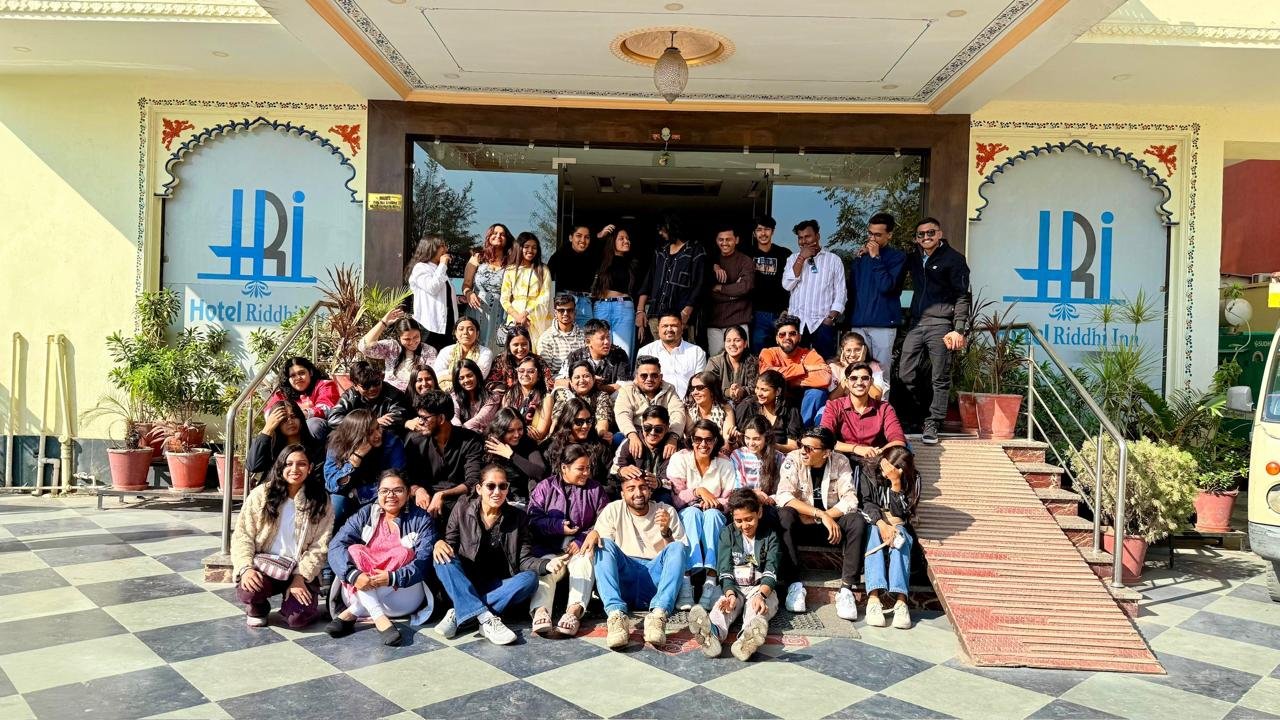


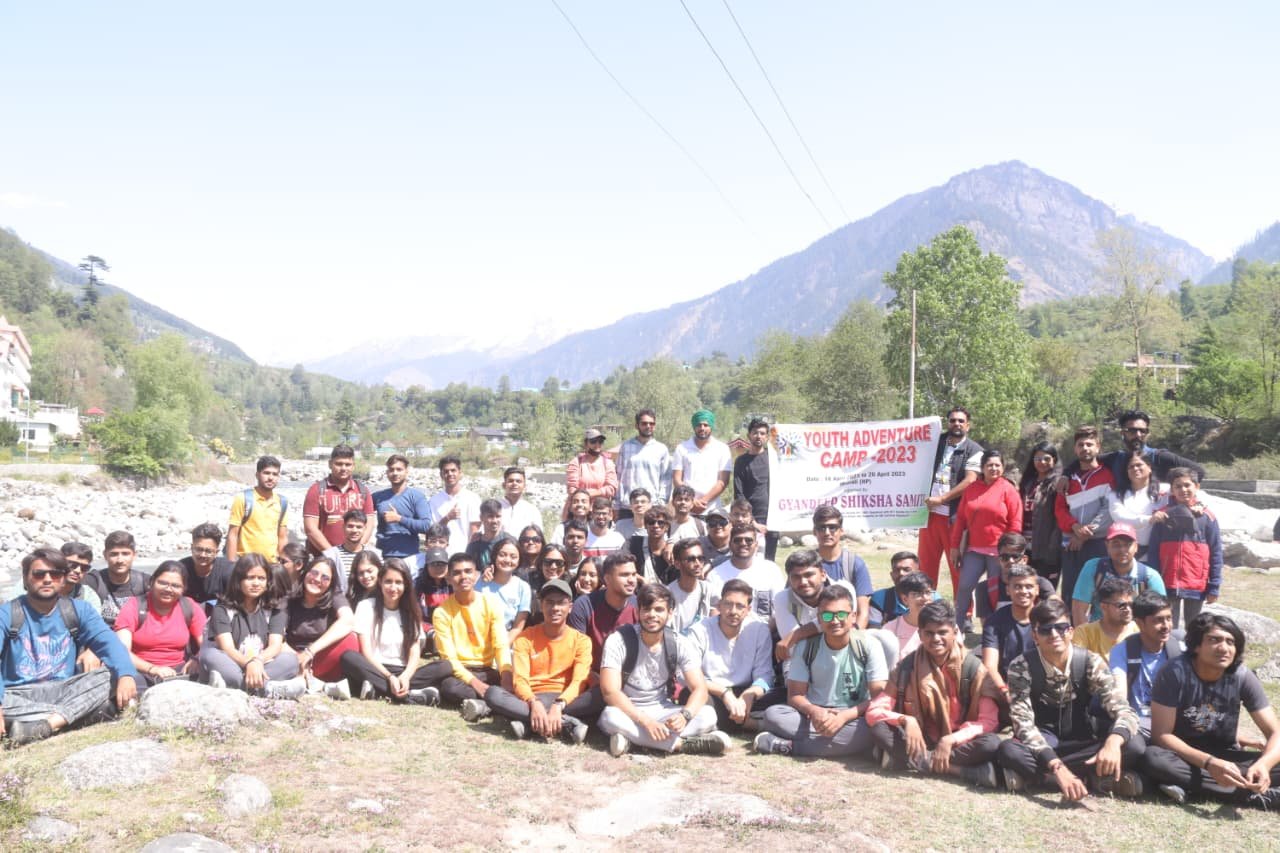
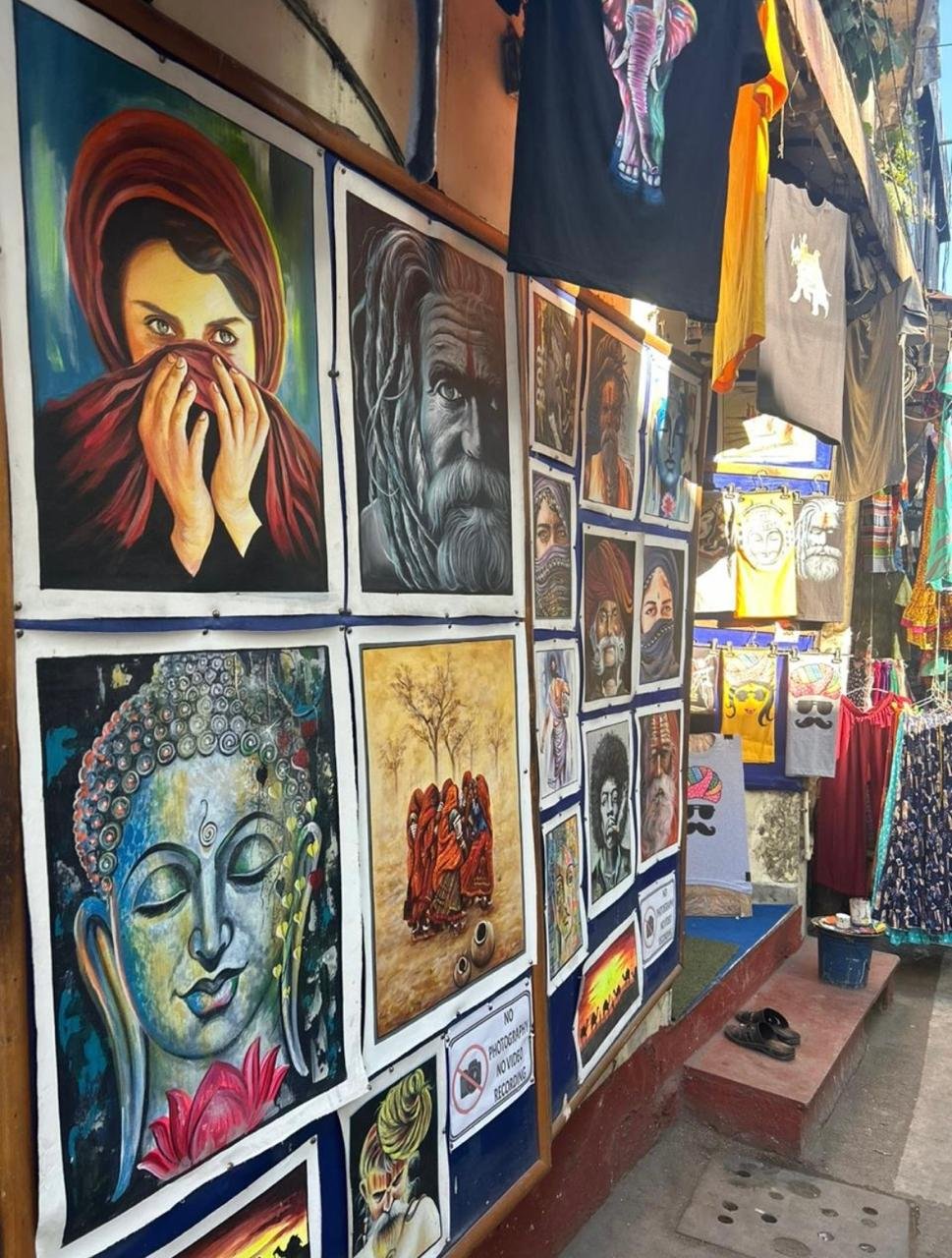
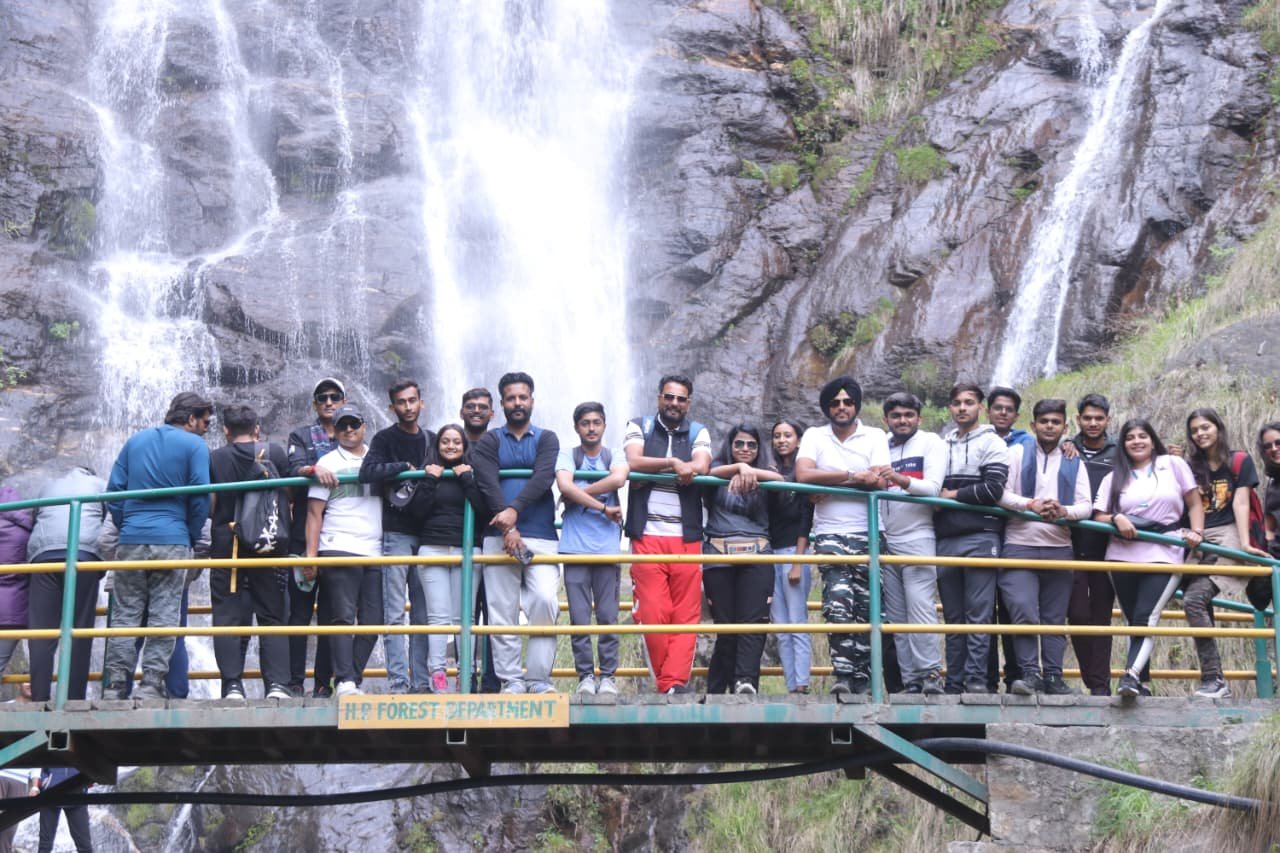
Workshop and Seminar
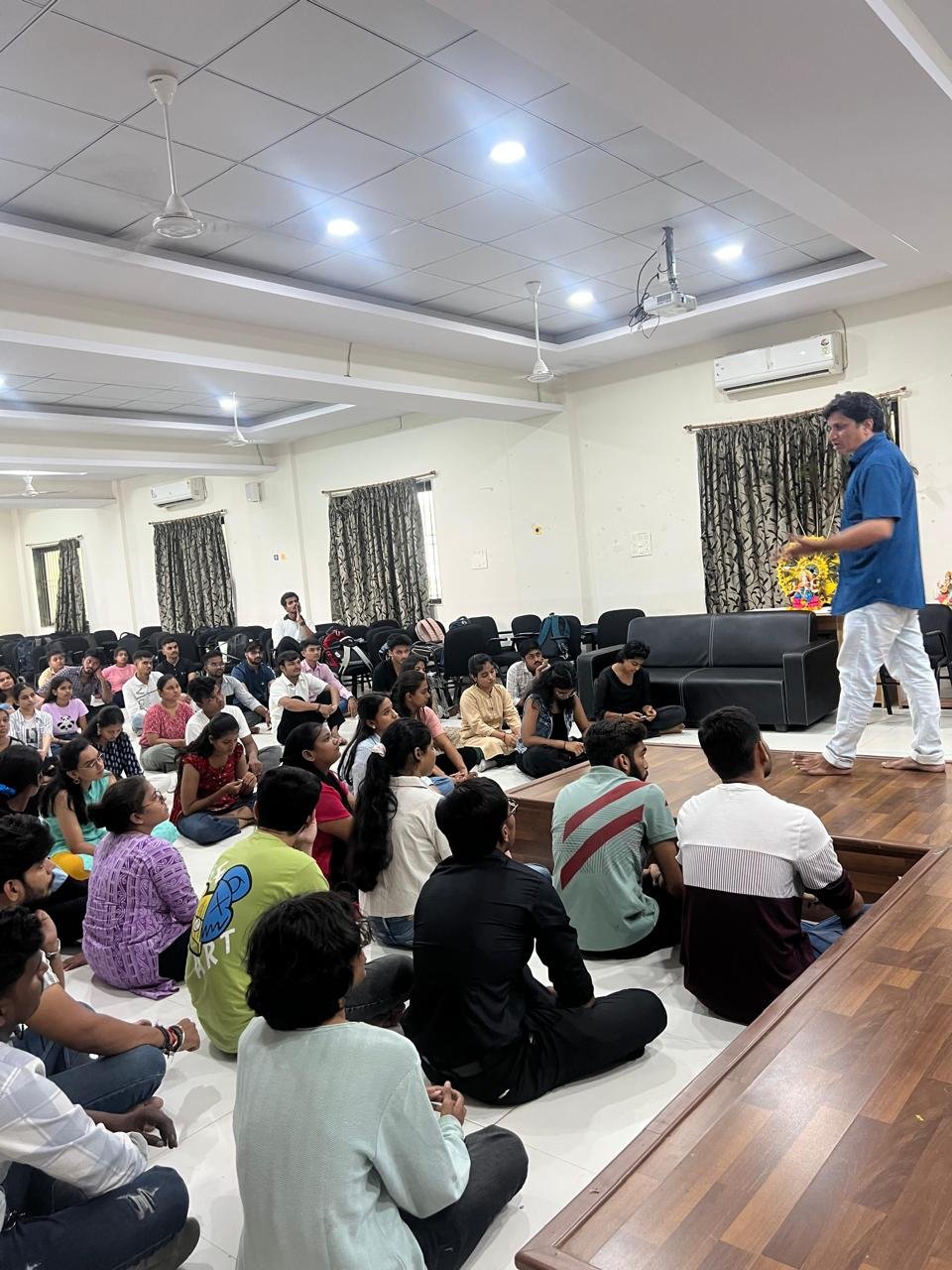
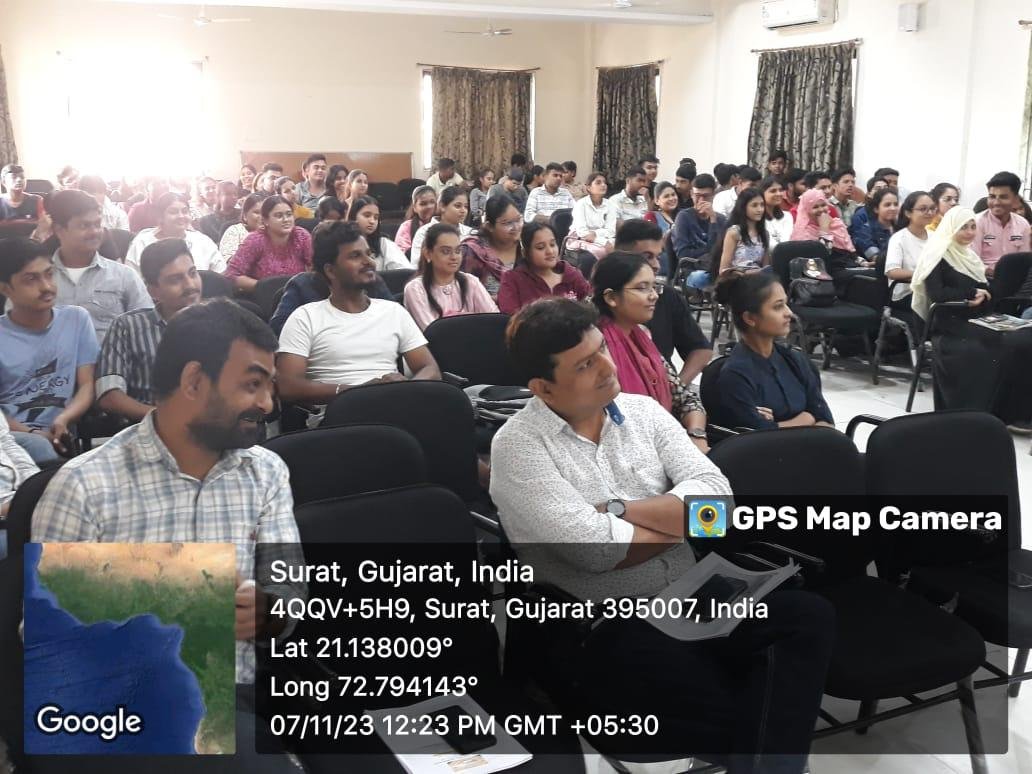
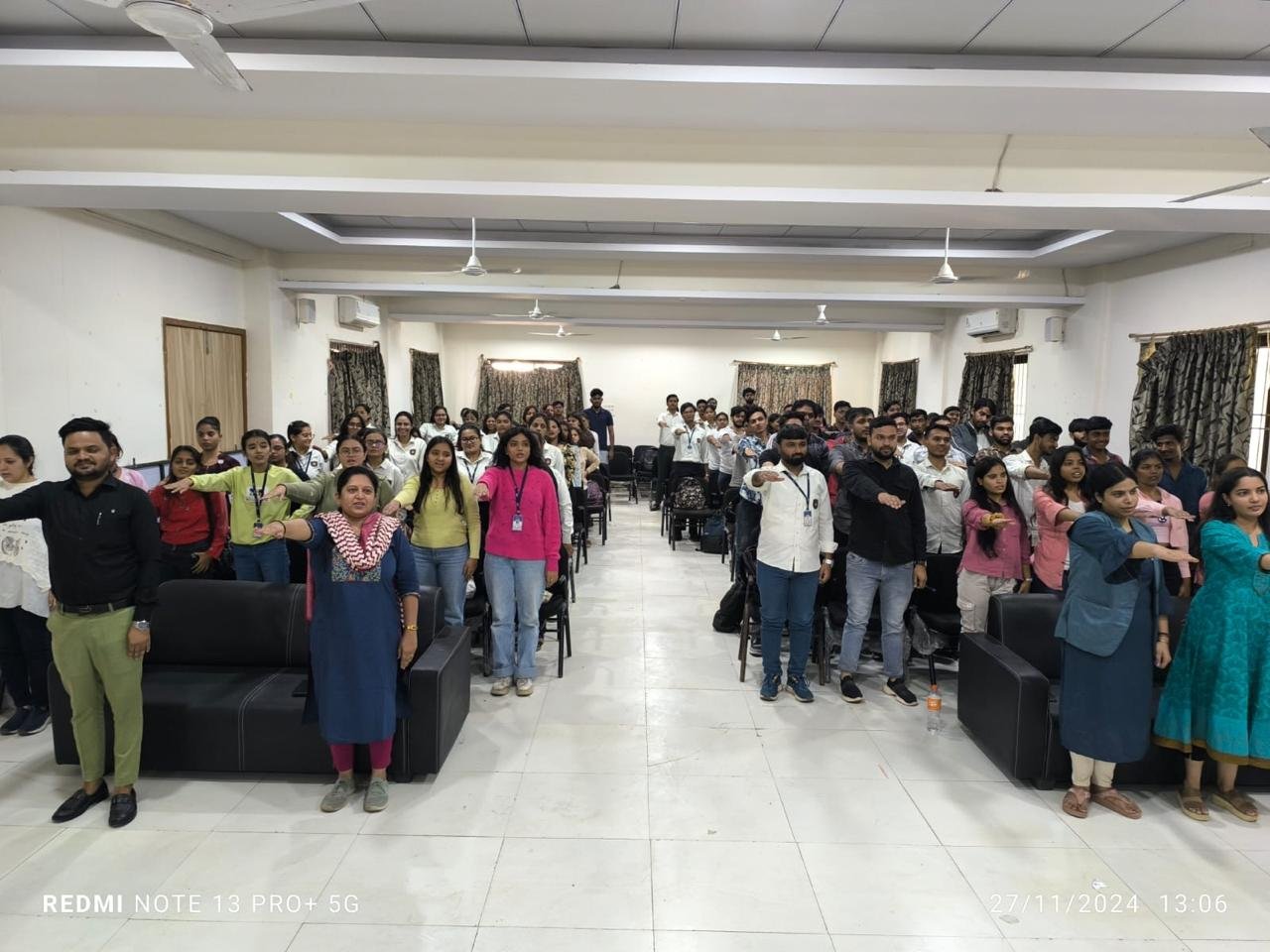

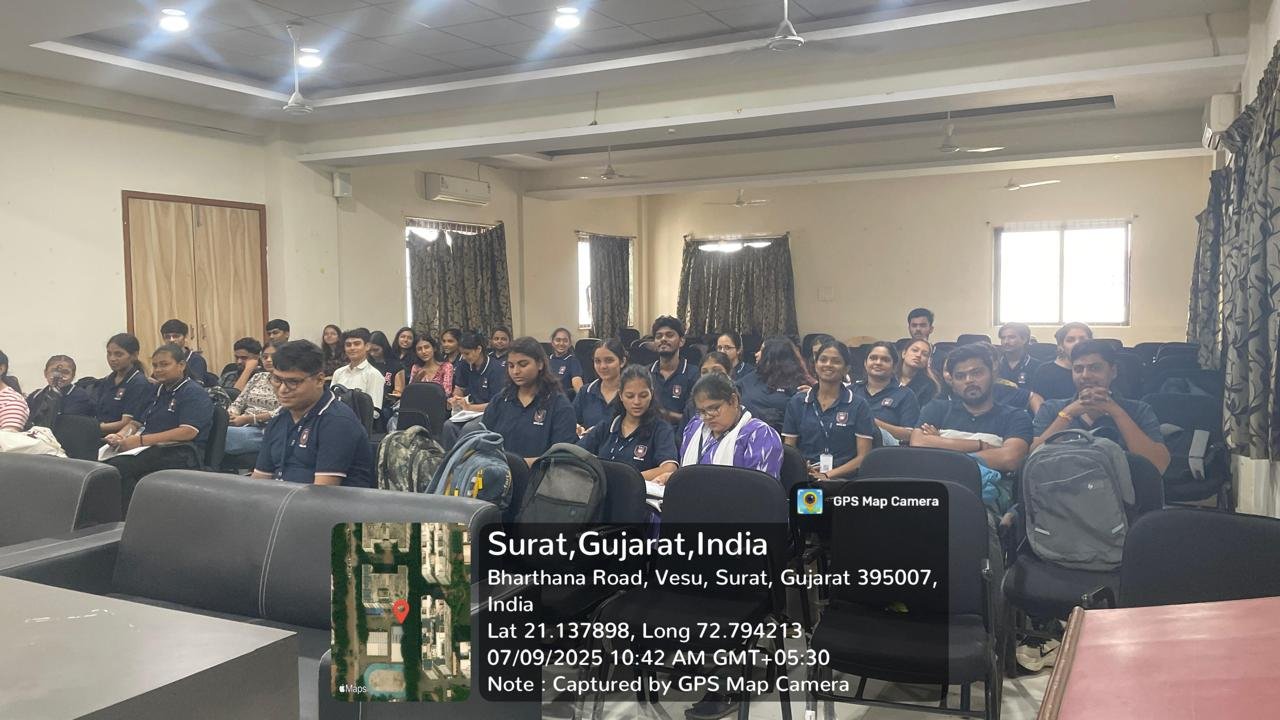
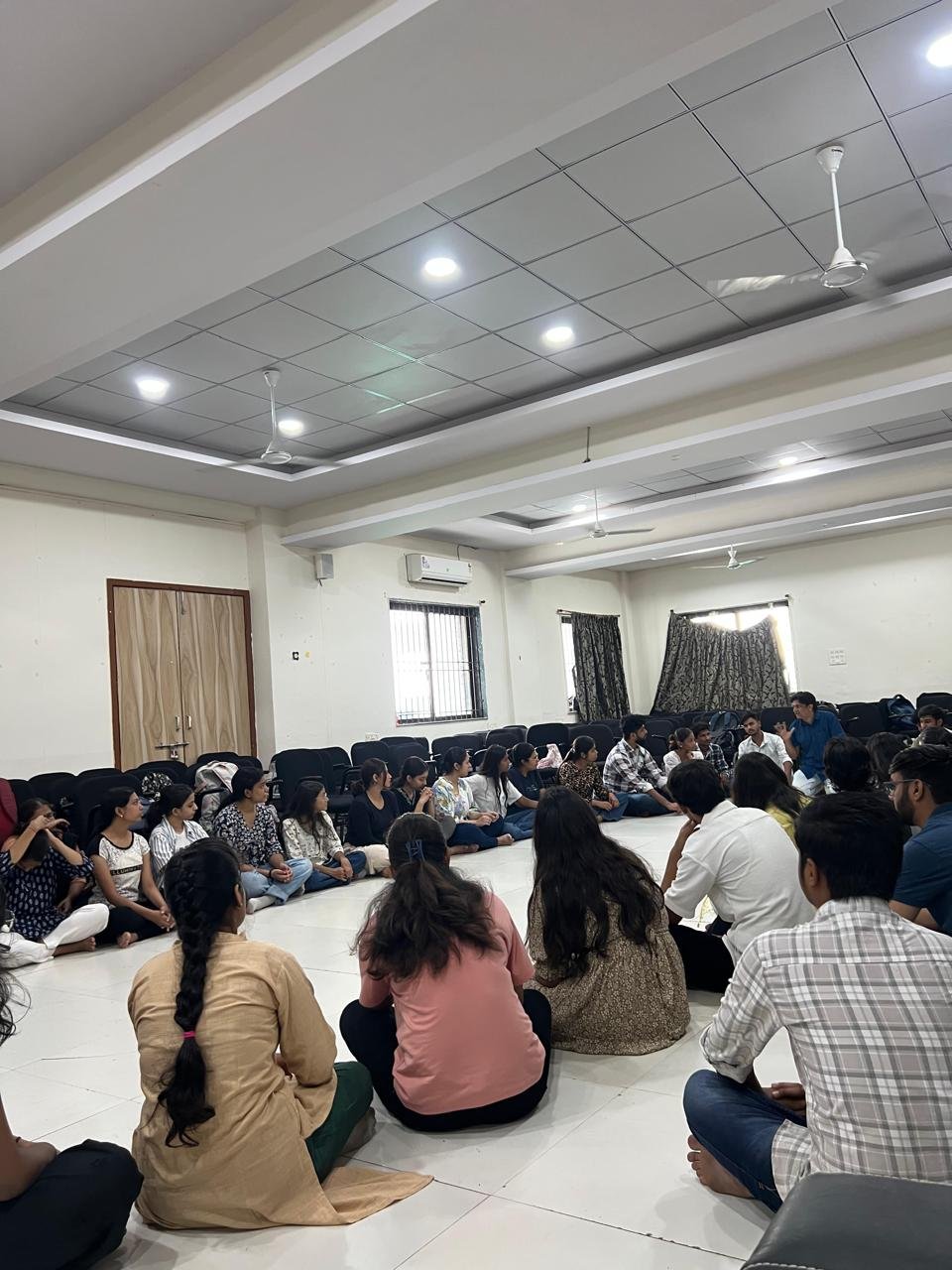
Our Festivals
